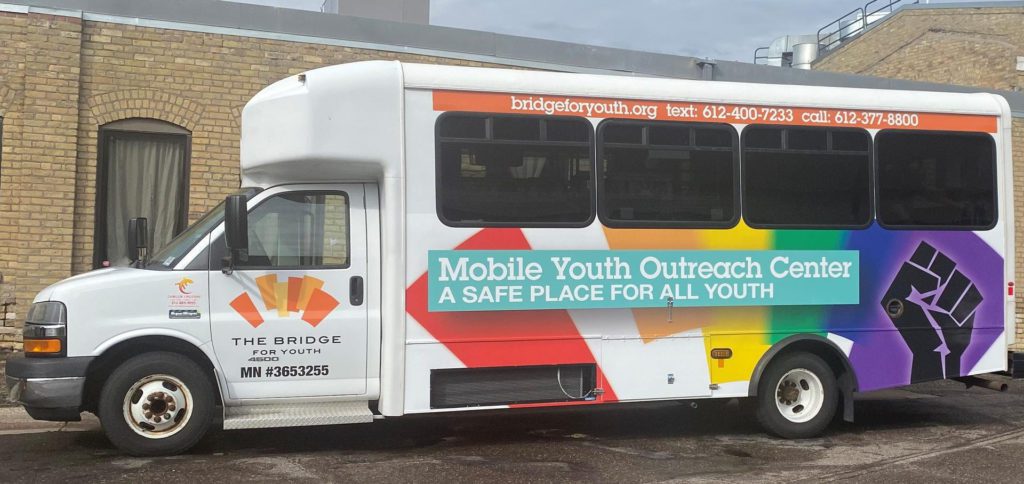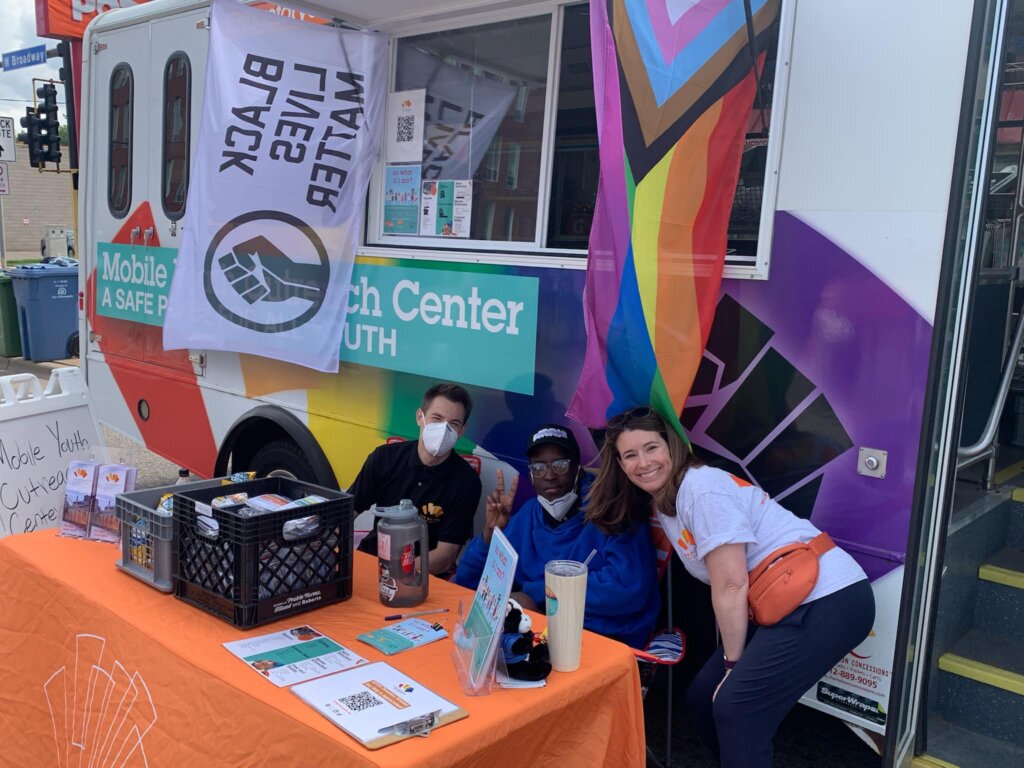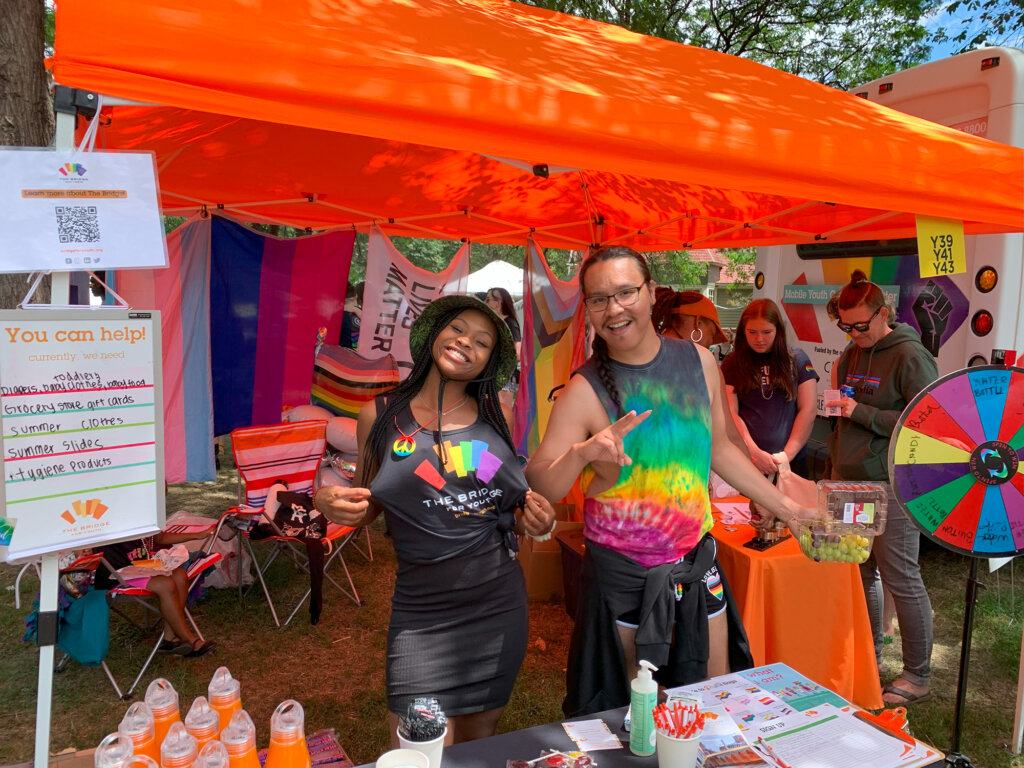Leveraging Technology to Improve the Lives, Culture, and Environment of Minnesota
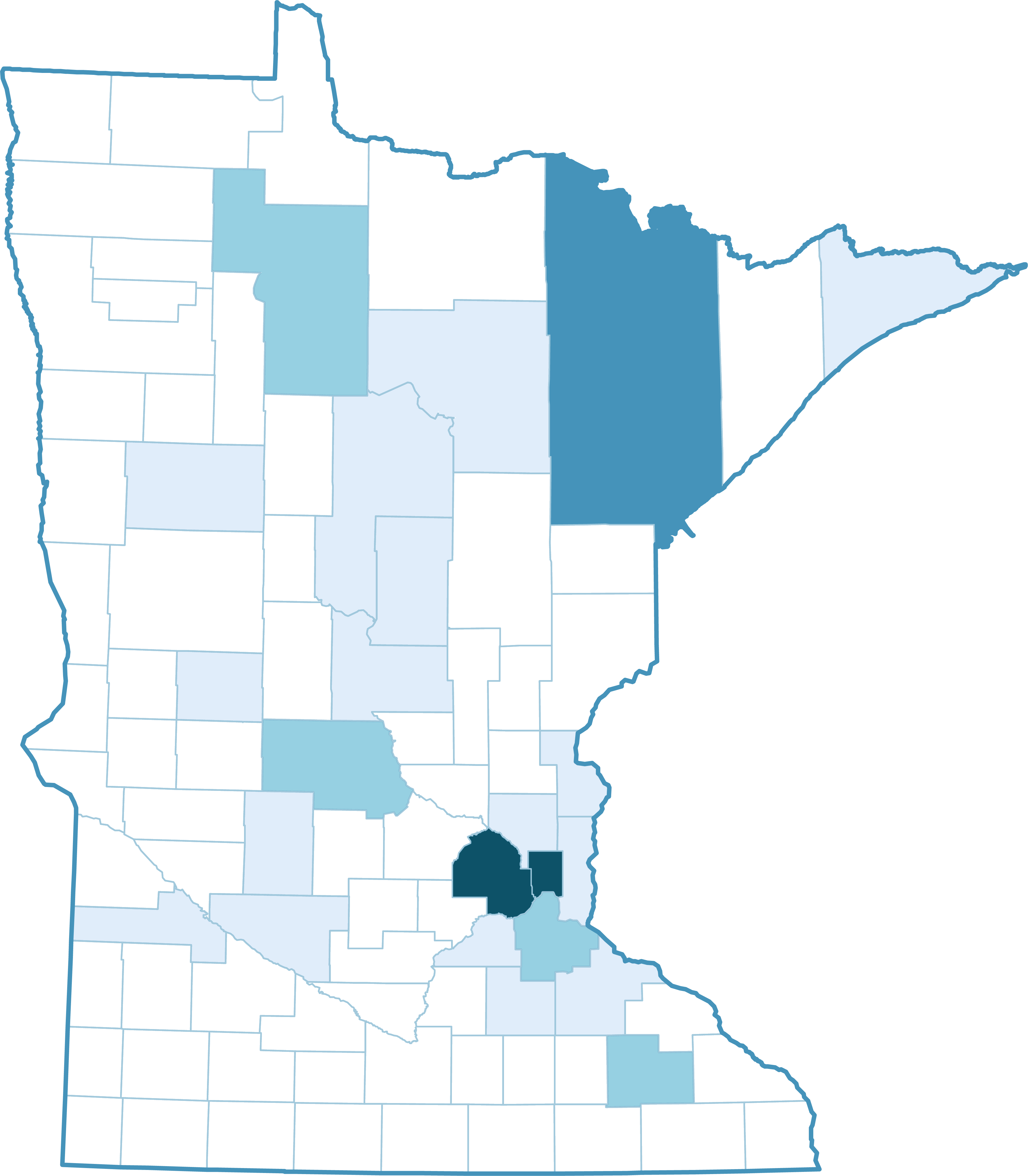
Sample Projects We’ve Funded
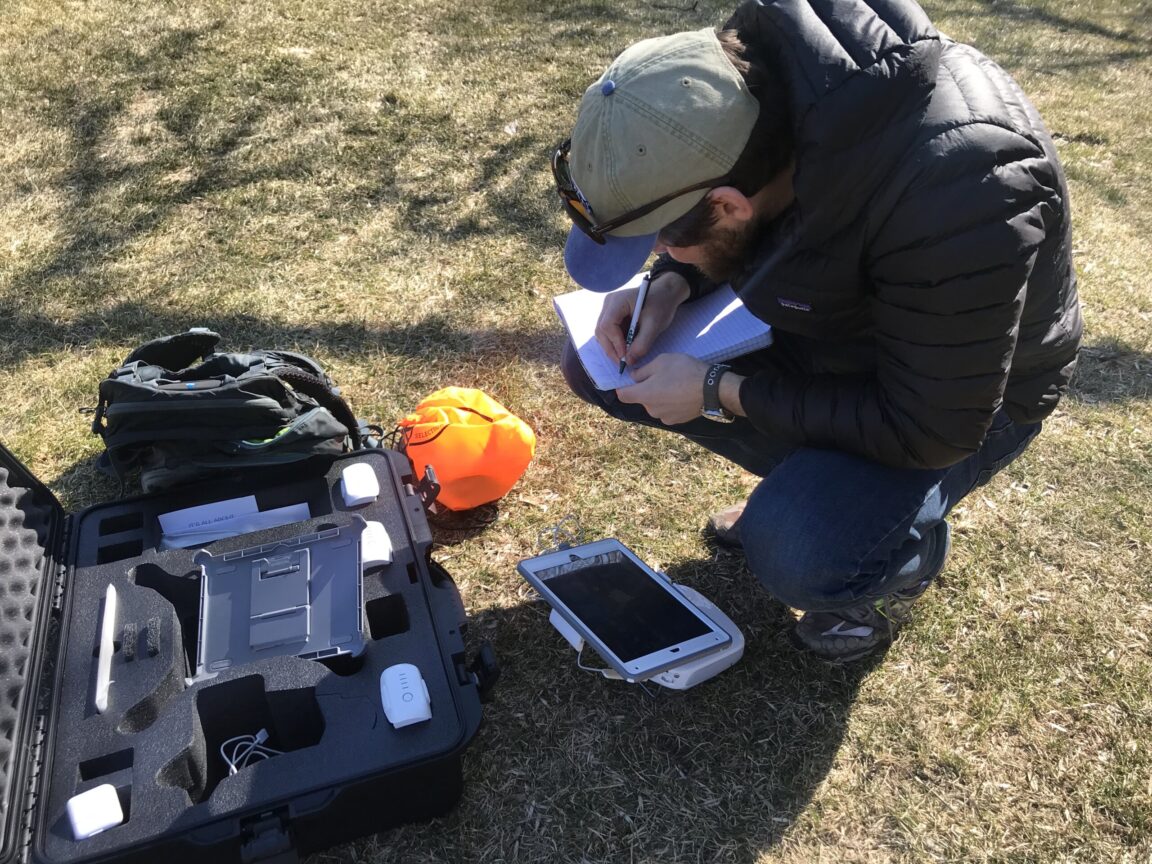
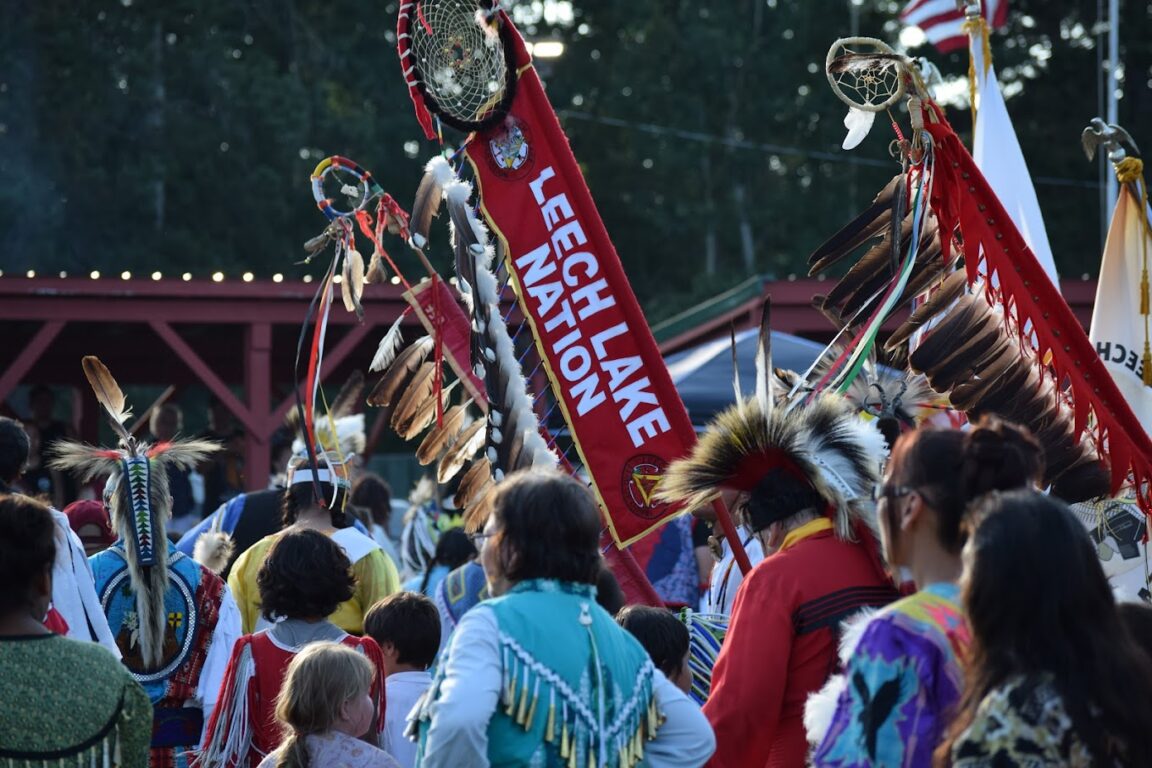
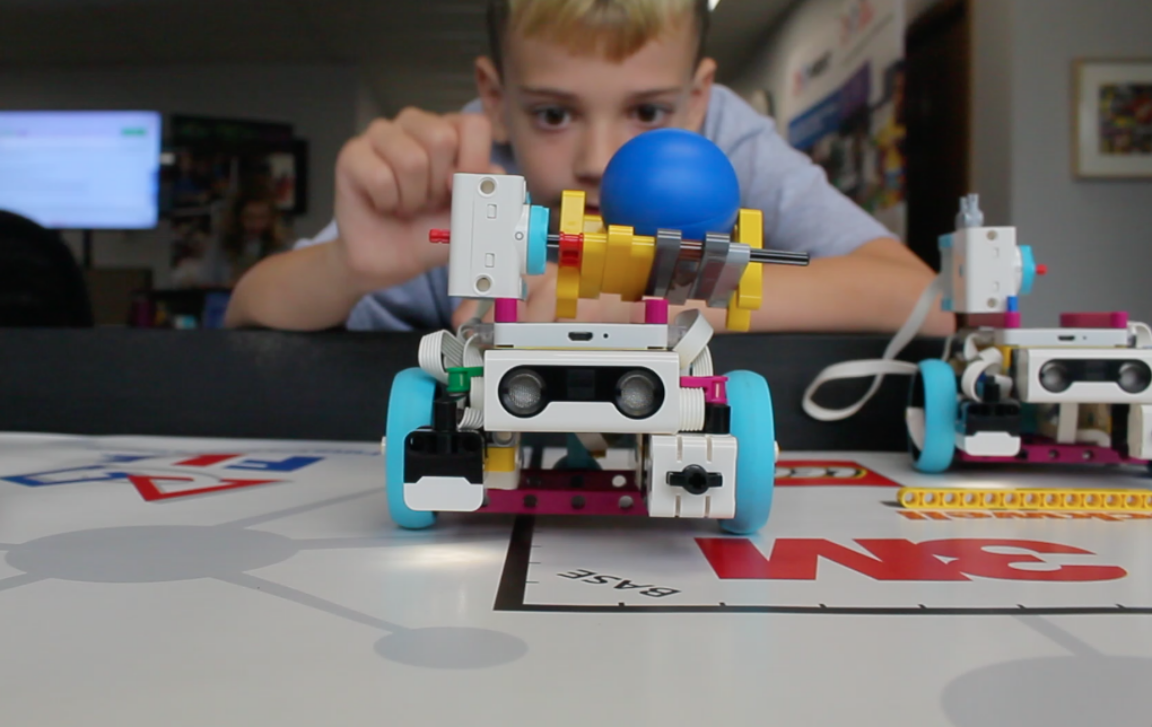
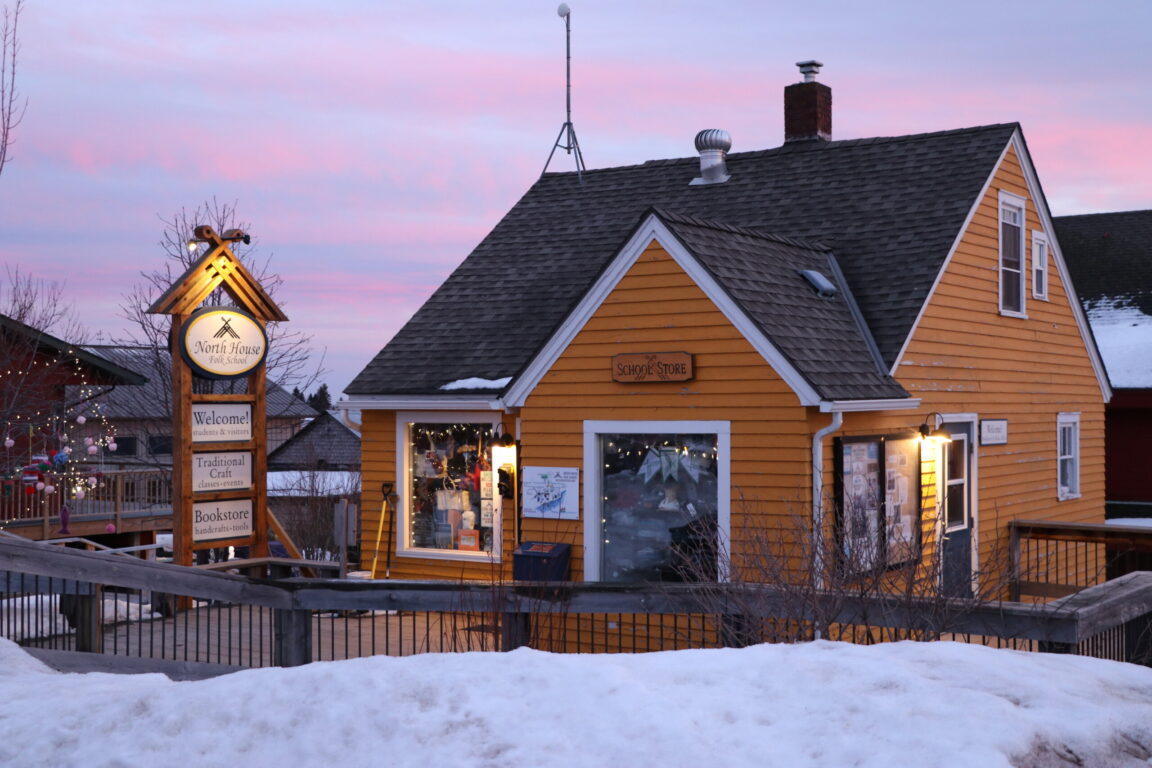
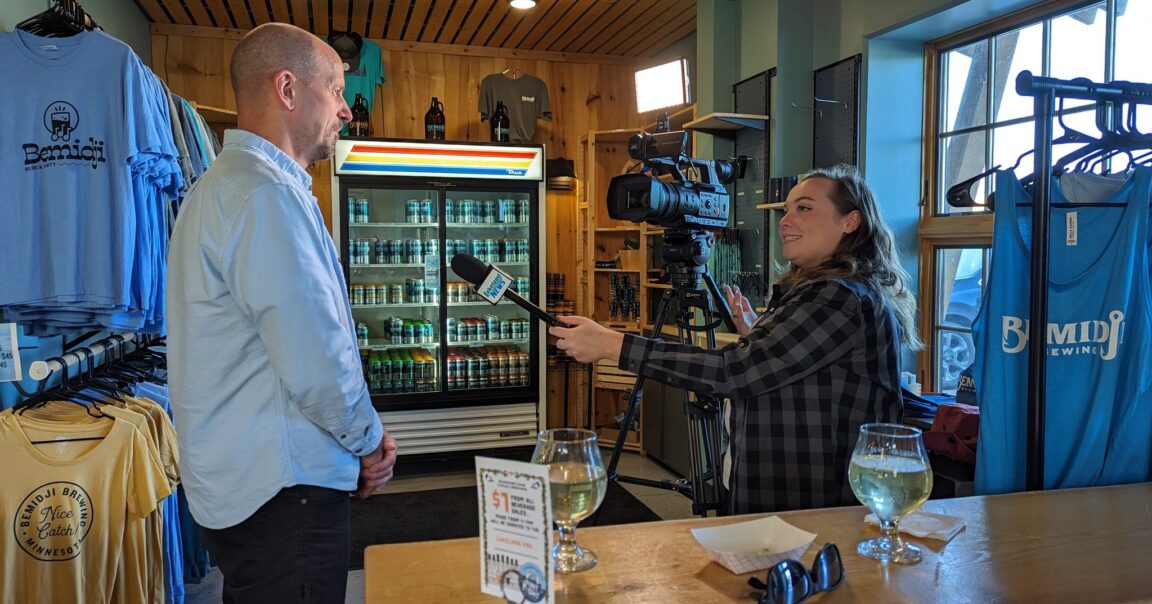
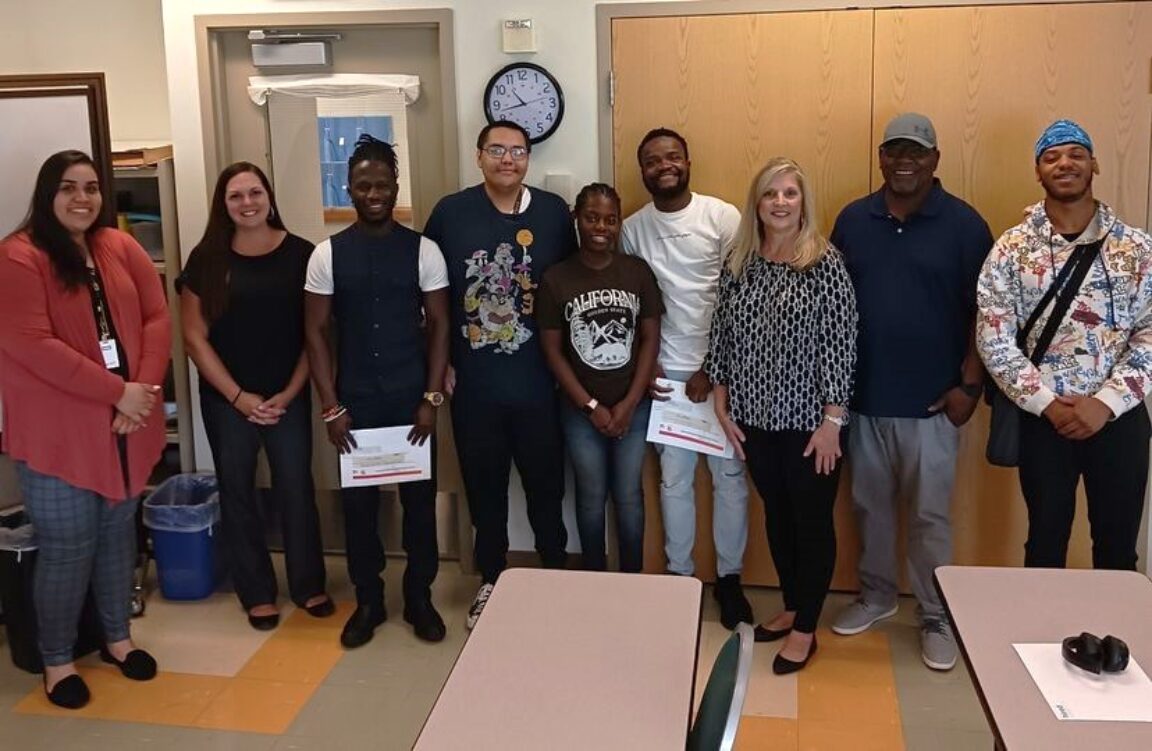
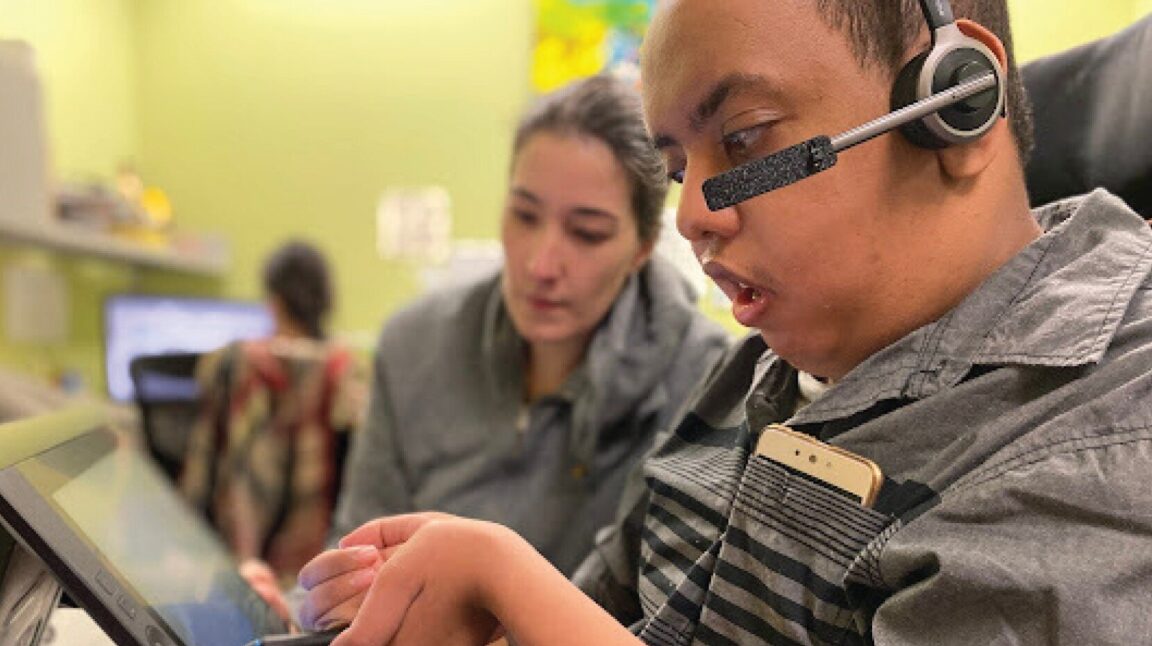
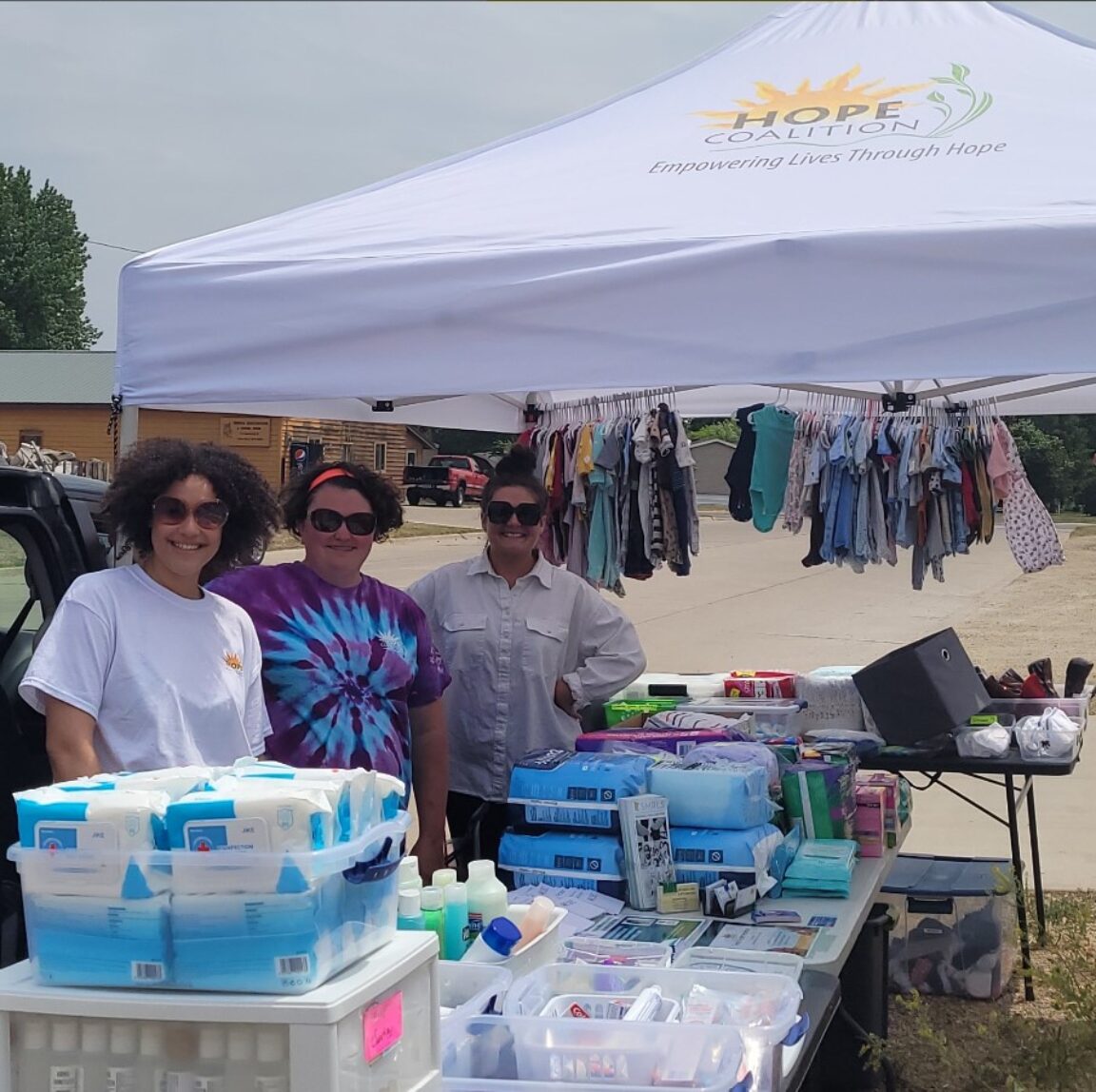
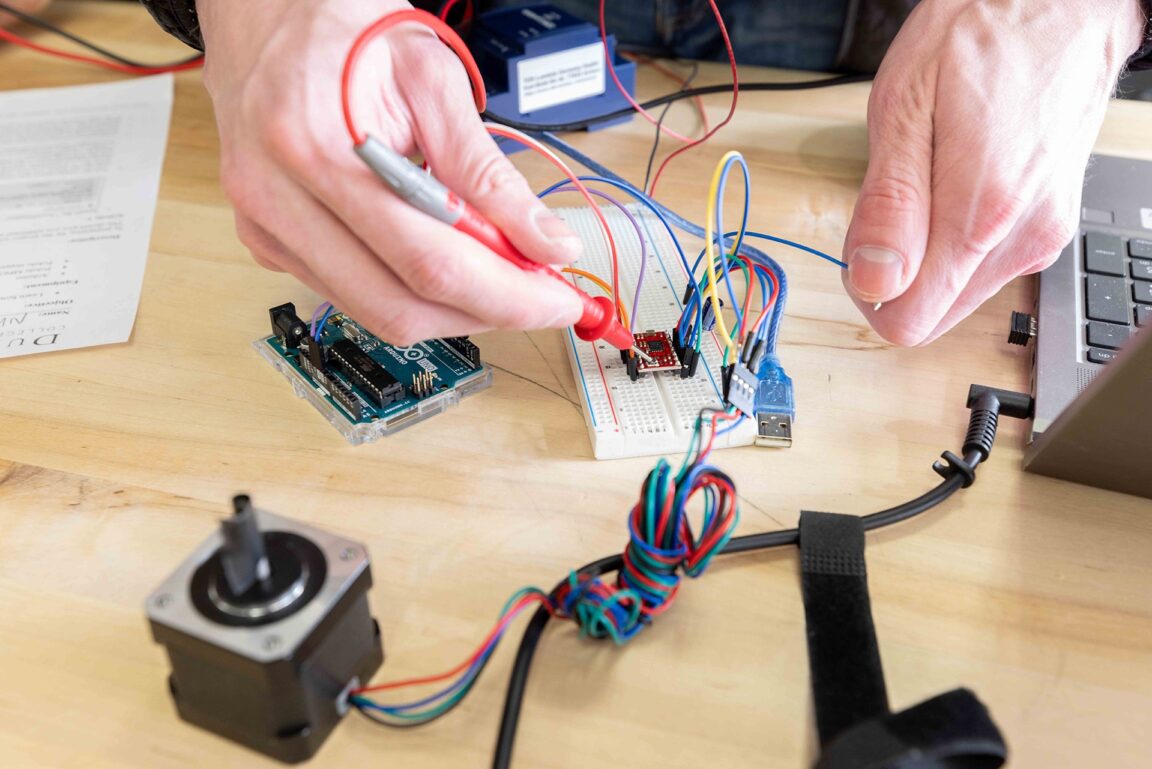
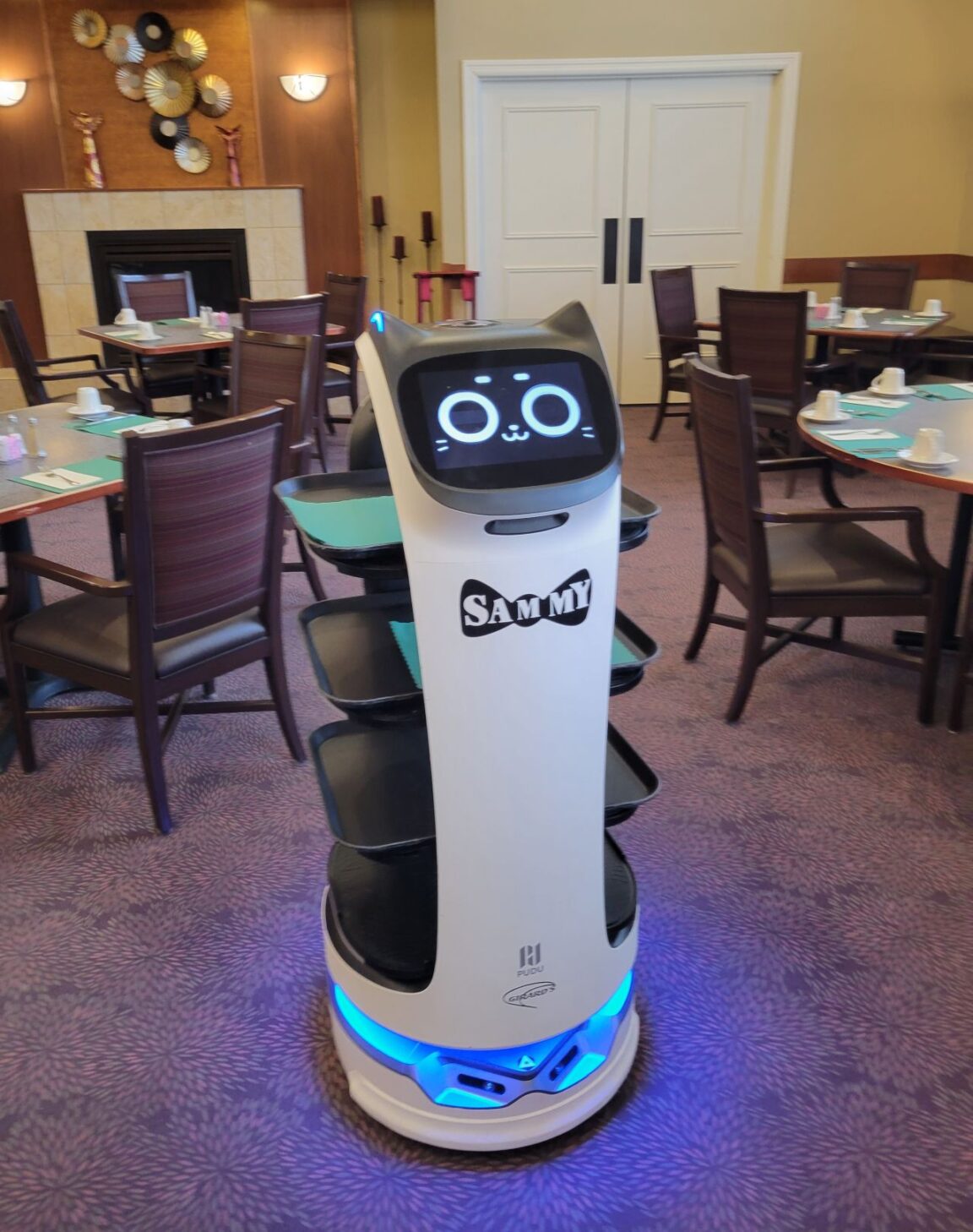
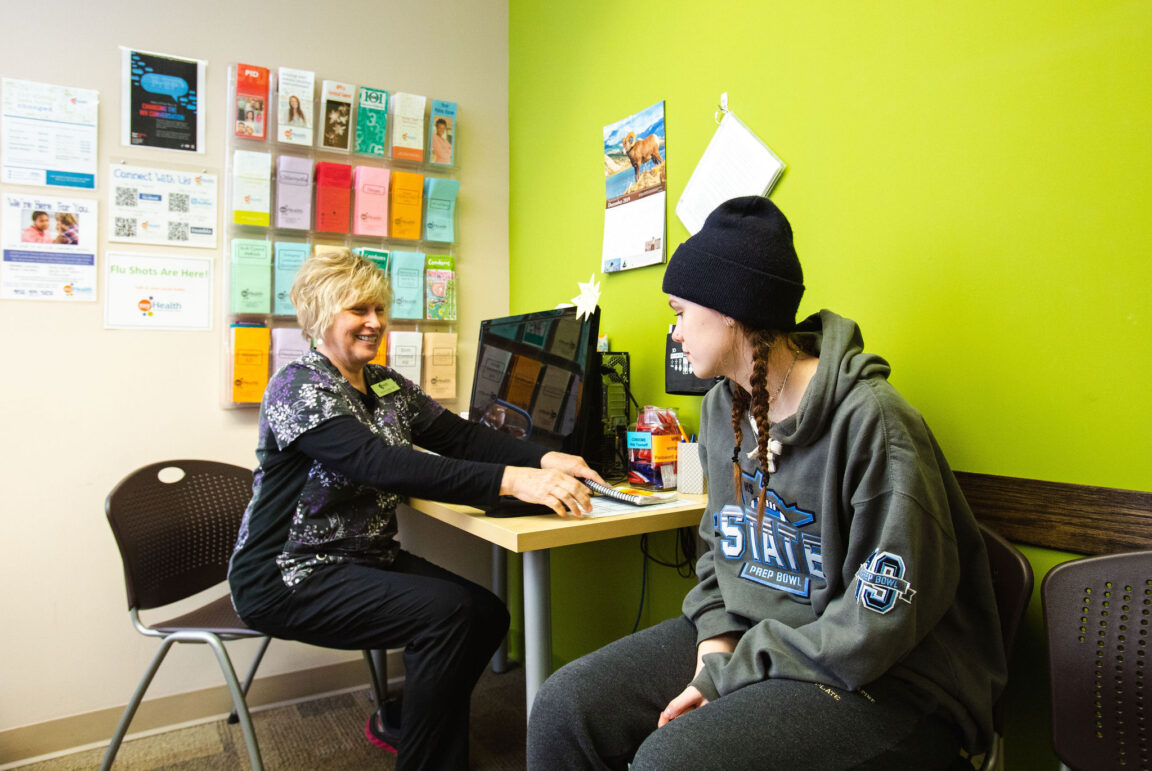
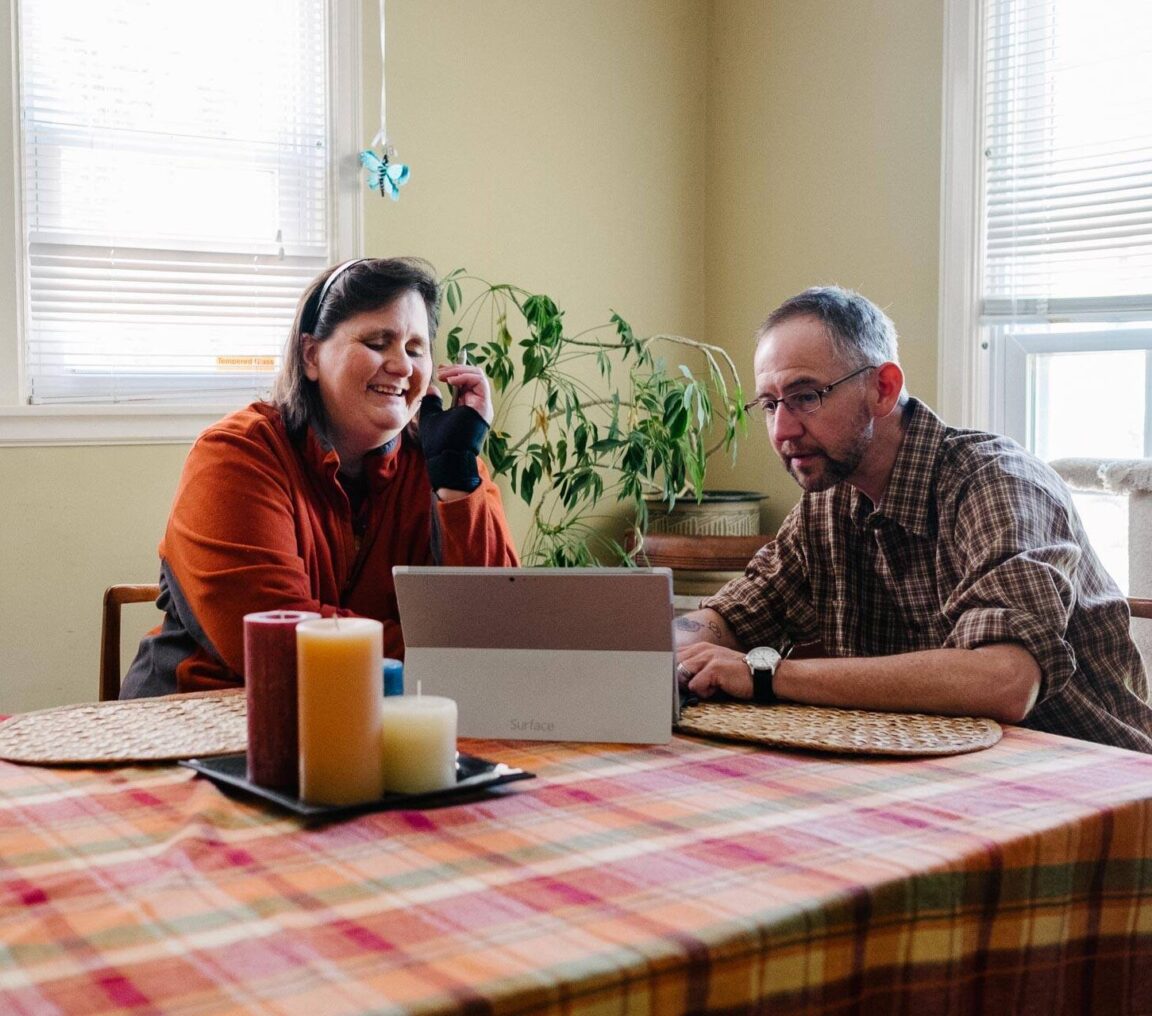
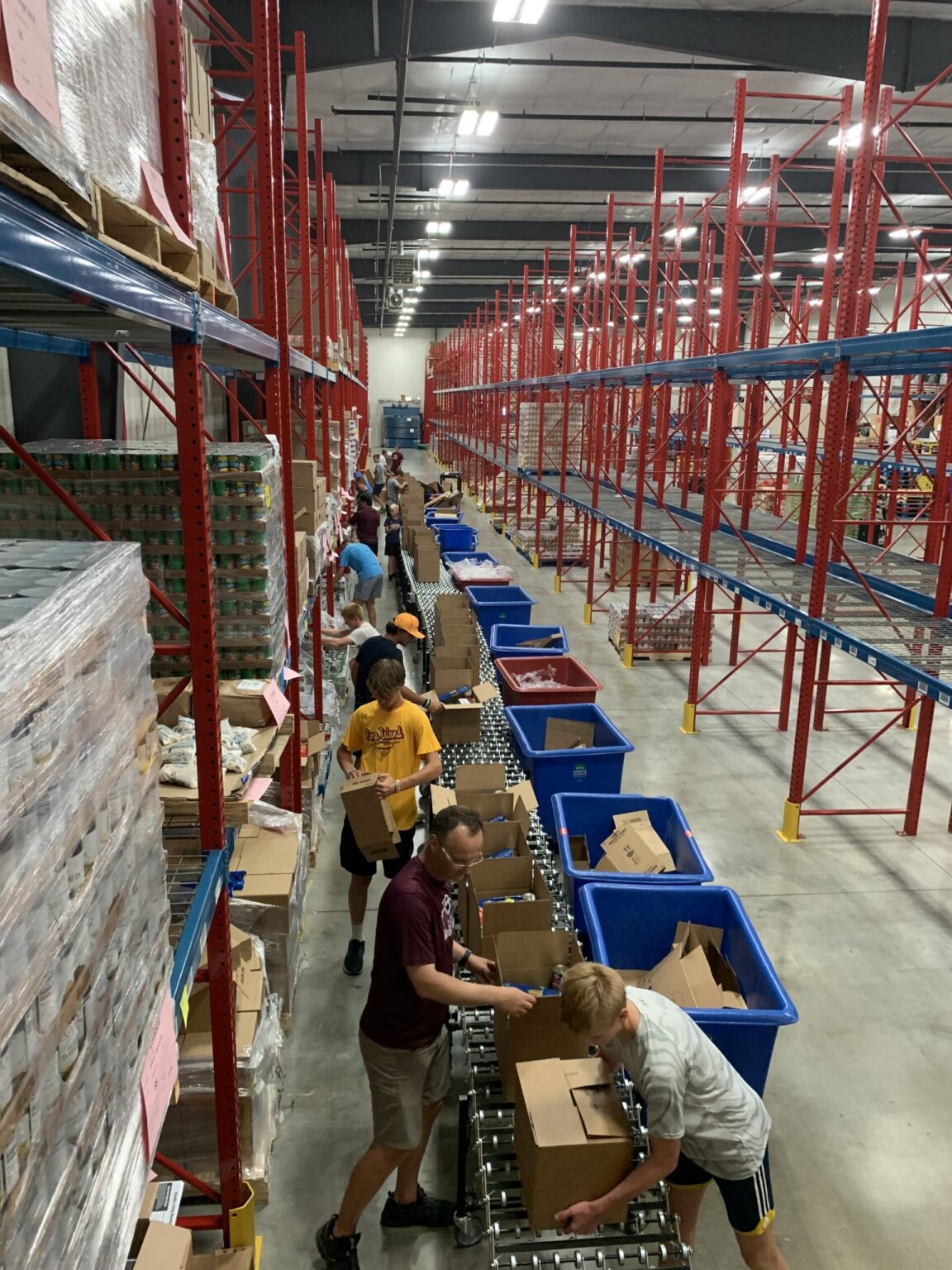
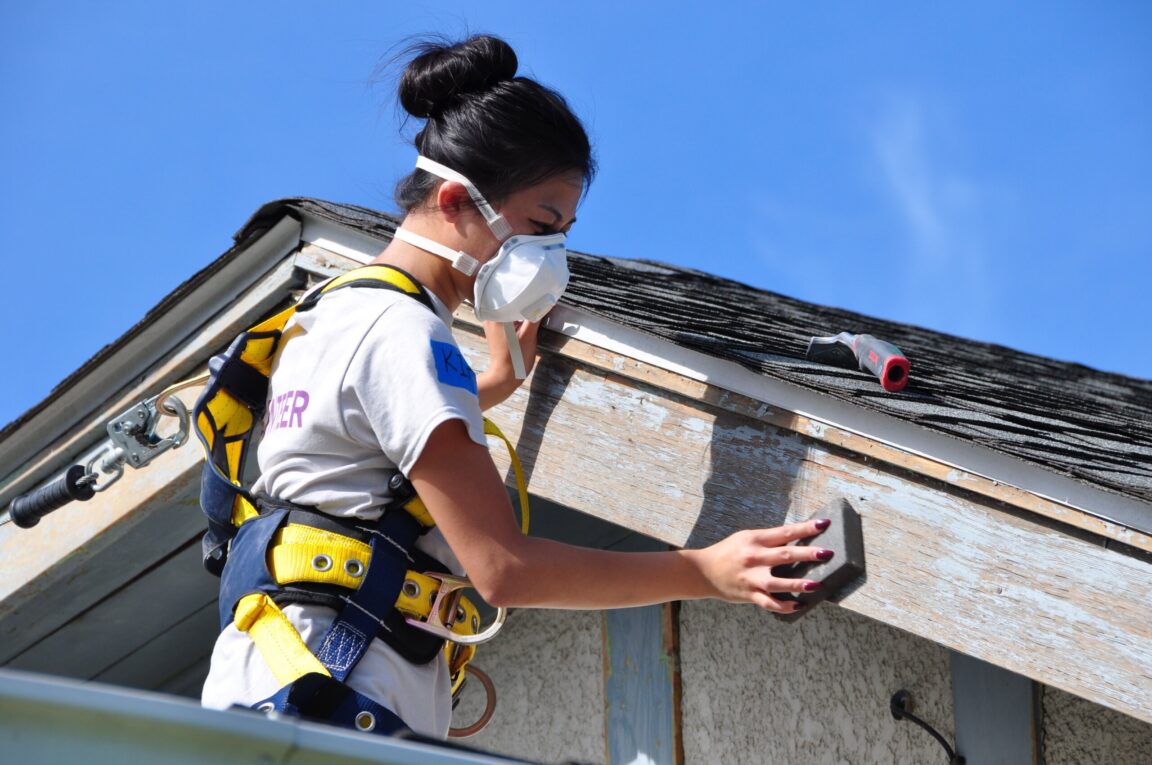
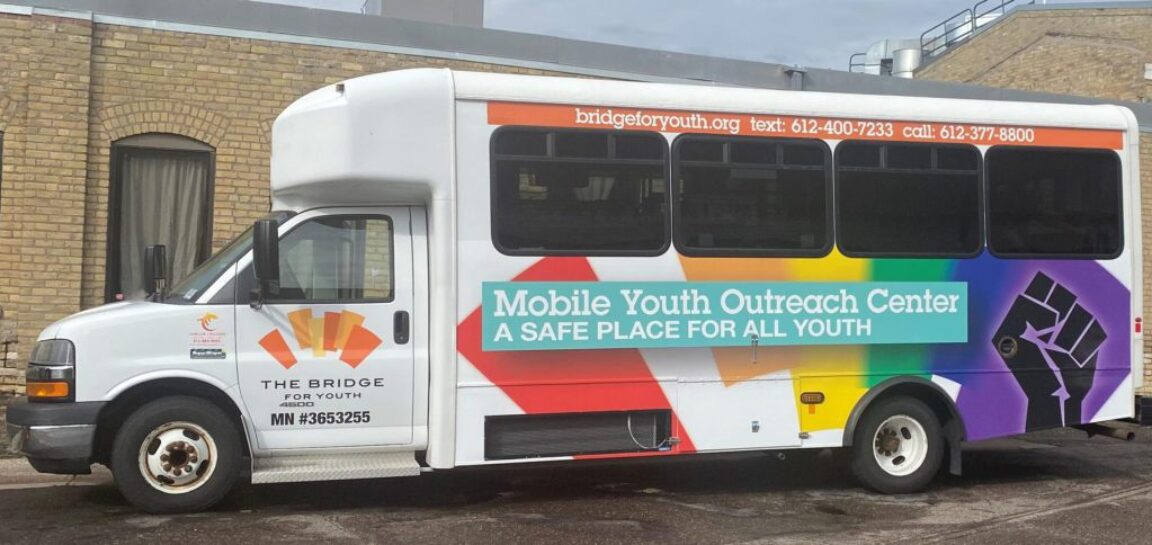
Websites & Portals, Devices Monarch Joint Venture
Shavlik funding was awarded to Monarch Joint venture to improve functionality of a customized web portal for their Integrated Monarch Monitoring Program data collection, which supports a network of land managers, volunteers, and educators. In 2024, funding supported the purchase of drones for MJV’s growing remote sensing program, which facilitates efficient and accurate pollinator habitat surveys.
The North American monarch research community relies heavily on access to shared data collected by numerous stakeholders. The portal development benefits staff managing the program, MJV partners (government agencies and other conservation organizations), program participants, and researchers or others seeking scientific monarch and habitat data. The remote sensing technology offers new opportunities to expand surveys to cover a greater area more efficiently, to traverse hard to reach areas, and to expand the capacity of those involved in data collection. These projects allows users to gather and disperse Monarch butterfly population and habitat monitoring data that will inform decisions about local land management and policy, and ultimately help gather data about broader insect populations and climate change trends.
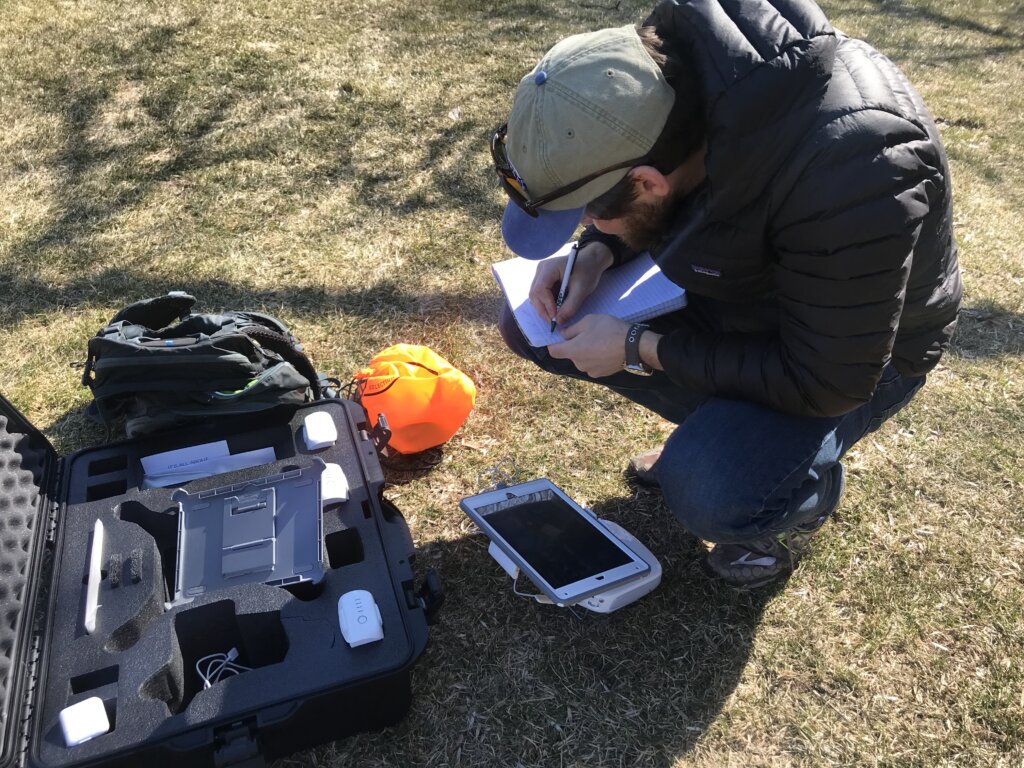
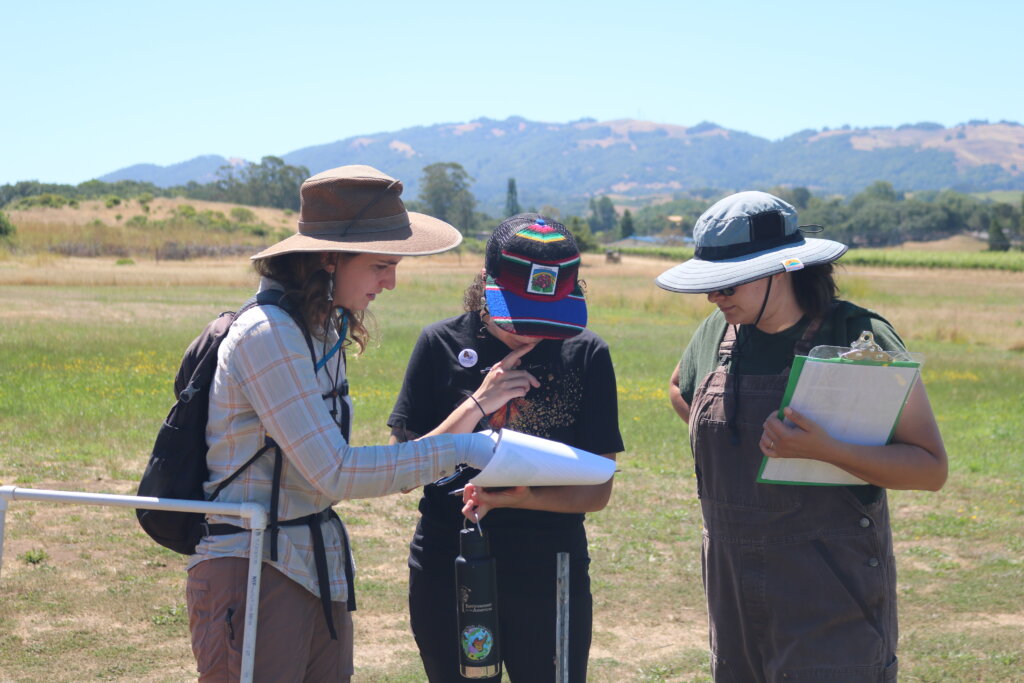
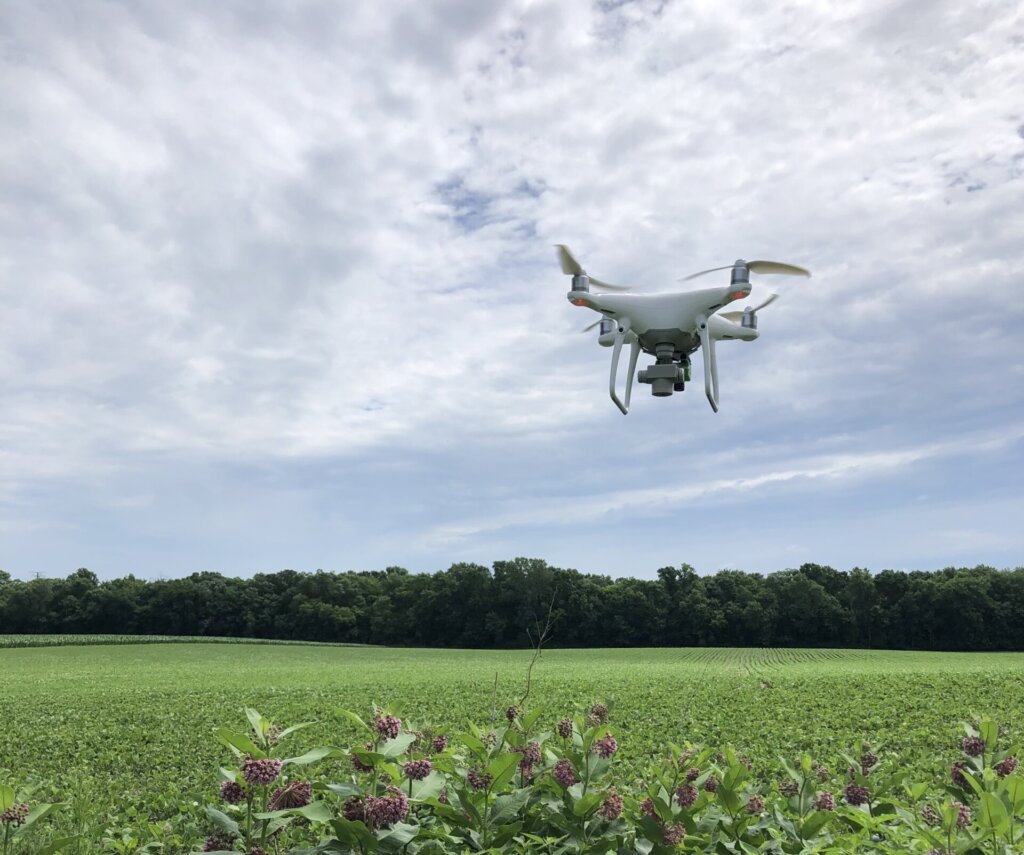
Infrastructure & Hardware Leech Lake Band of Ojibwe
Since 1999 the Leech Lake Band of Ojibwe have operated their own MIS/IT Division that has managed the telephone lines to its buildings and the outlying 14 communities, including broadband access points. The team has diverse knowledge of telephony, fiber, and fixed wireless communications.
The tribe had been securing internet capacity leading up to 2021, including hardwiring its buildings with fiber. This included working with the Blandin Foundation’s Community Broadband Program which boosted collaboration of rural leaders to set a broadband tech vision and get access to resources.
One of the last parts of the project was bringing a fiber line from the tribe’s central office to a tower one mile away. The fiber link would then provide a fixed wireless signal (2.5 GHz spectrum) which would have the capacity to reach distant towers and could reach through wooded areas to outlying communities. The COVID-19 pandemic had begun earlier that year prior to their application to the Shavlik Family Foundation. The very rural citizens in Cass County and on tribal lands needed the signal to be able to work from home, conduct distant learning and receive telehealth during the pandemic.
The tribal government had the funds for most of the project but needed a bit more from the Shavlik Family Foundation to finish. While our grant was small, funding the last part of this project and bringing the final piece on-line meant we could impact over one thousand households with the new wireless transmission. The grant also helped the tribal government set a vision and foundation for a larger-scope project to serve its citizens who lacked broadband during the pandemic and still had that need as they successfully applied for and received $18.7 million from the federal government’s Infrastructure Investment and Jobs Act that will establish nine new towers in coming years.
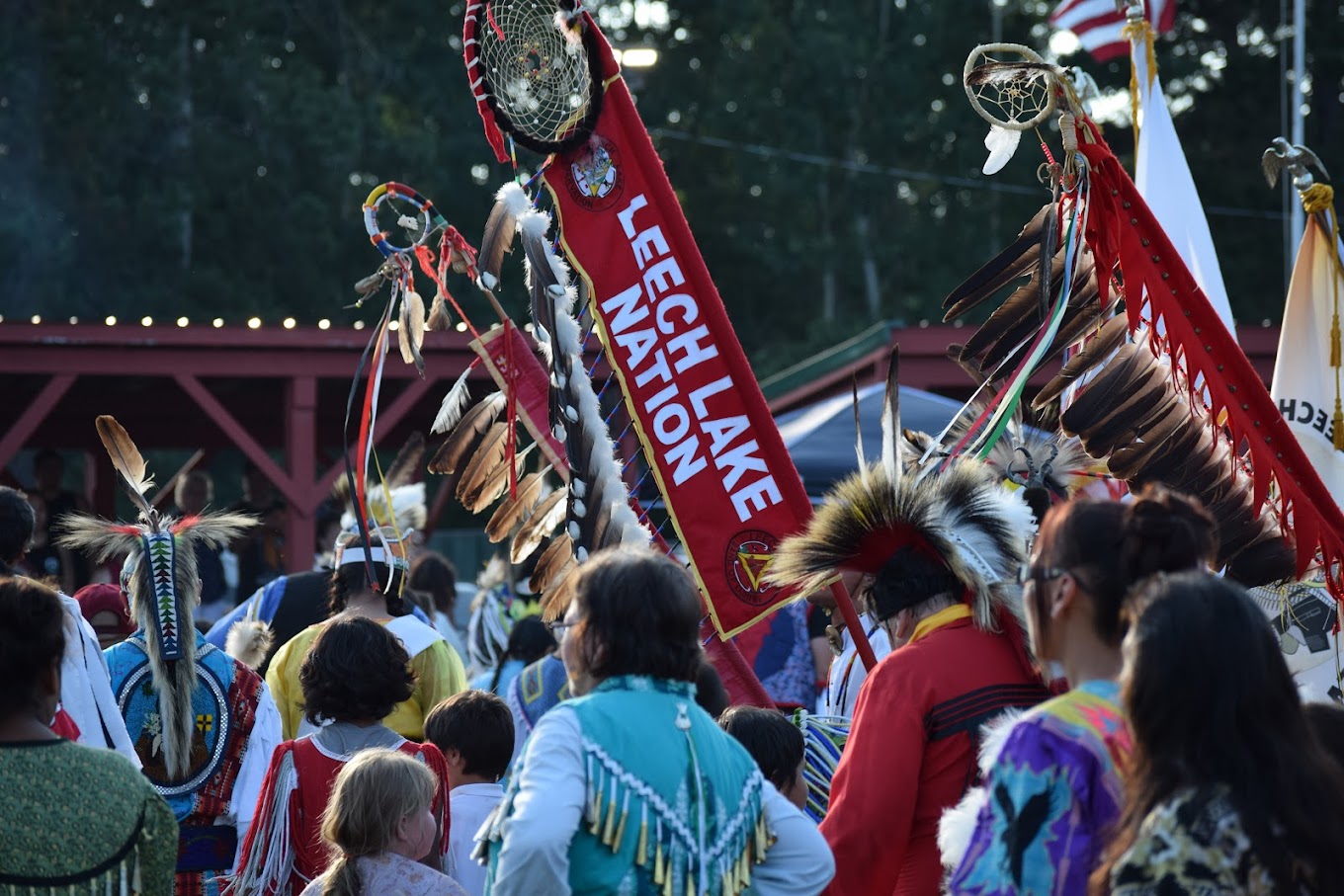
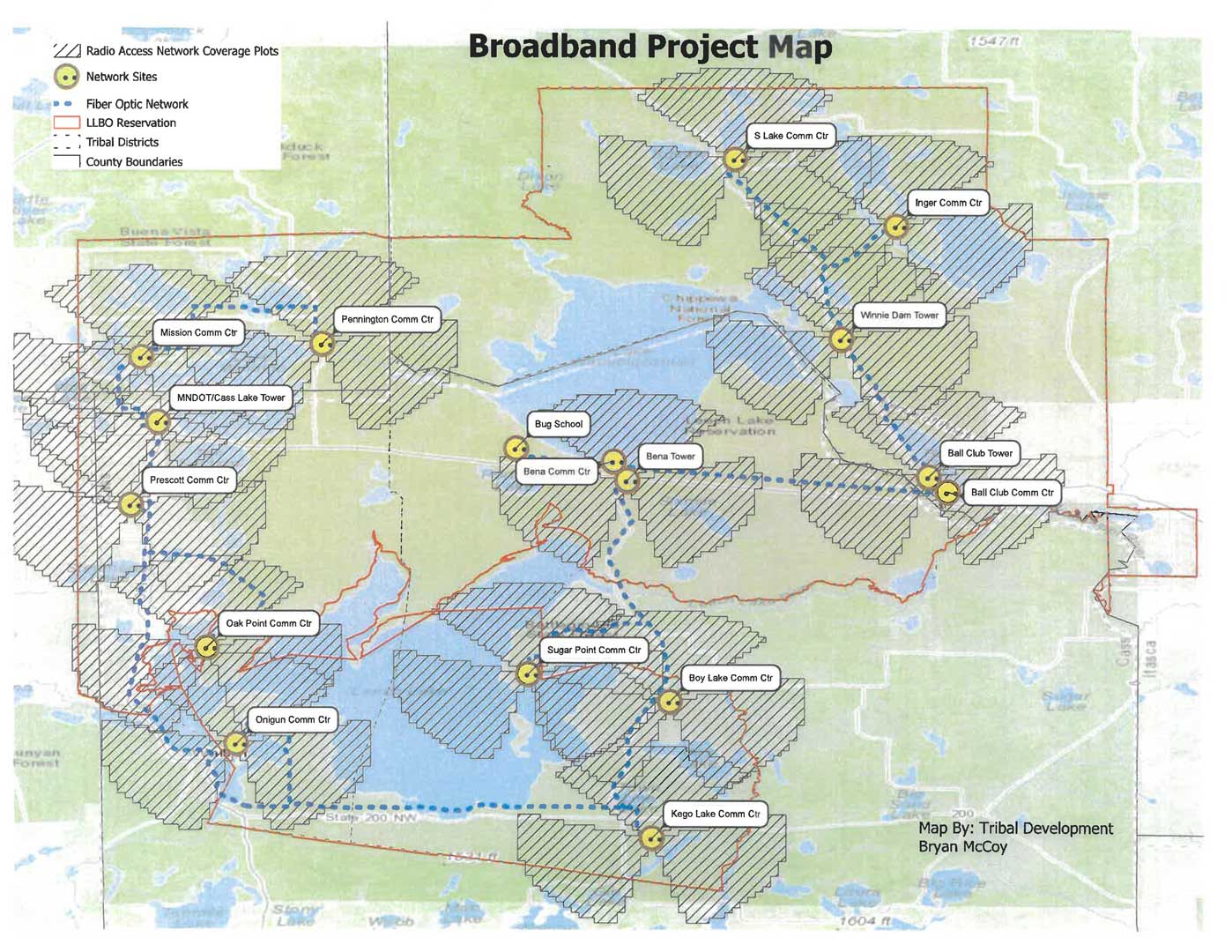
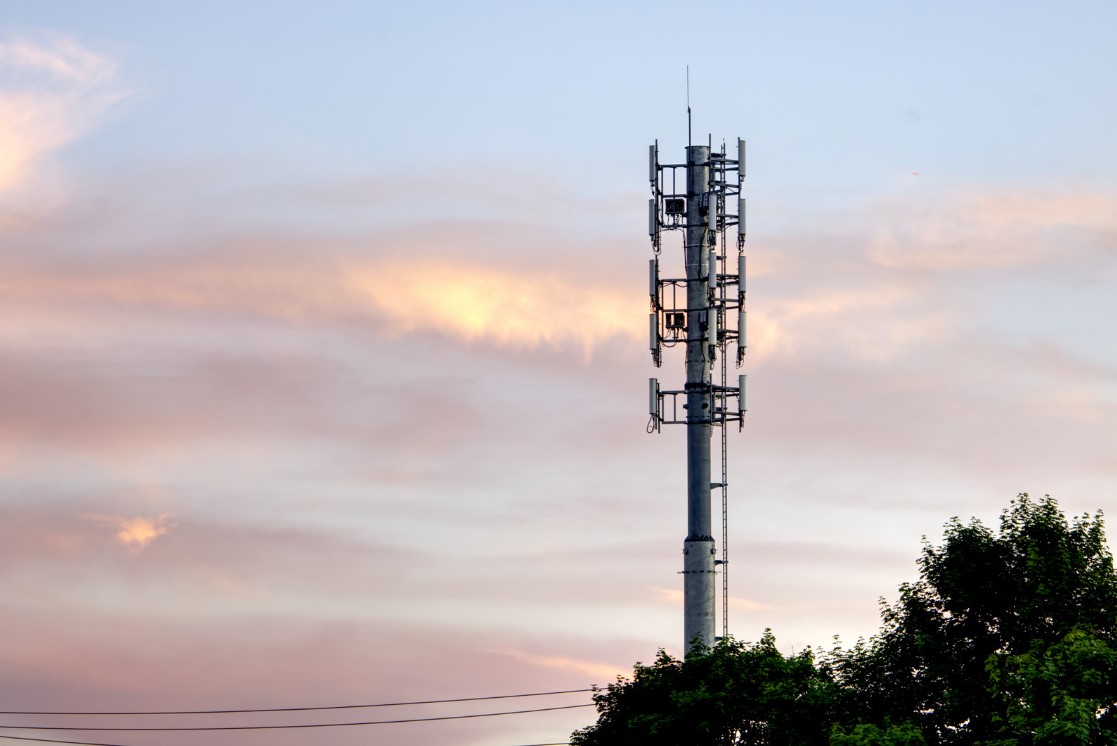
Education, Training, and Learning Labs High Tech Kids
High Tech Kids received funding for a fleet of LEGO® robot kits, laptops, tablets, and monitors to be used with a youth summer camp program, team robotics program during the school year, and to support mentors and volunteers during tournaments. By offering both individual and team opportunities, High Tech Kids is able to encourage participation from a wide range of students across the greater Twin Cities area in their robotics and coding programs for students K through 12. After successfully piloting their first series of summer camps in 2022 with 23 participants, High Tech Kids looks forward to growing this program and expanding to serve a wider age range of participants. Team based competitions give students experience in tools that encourage collaboration as well as learning about technology and help prepare them for the 21st century job market.
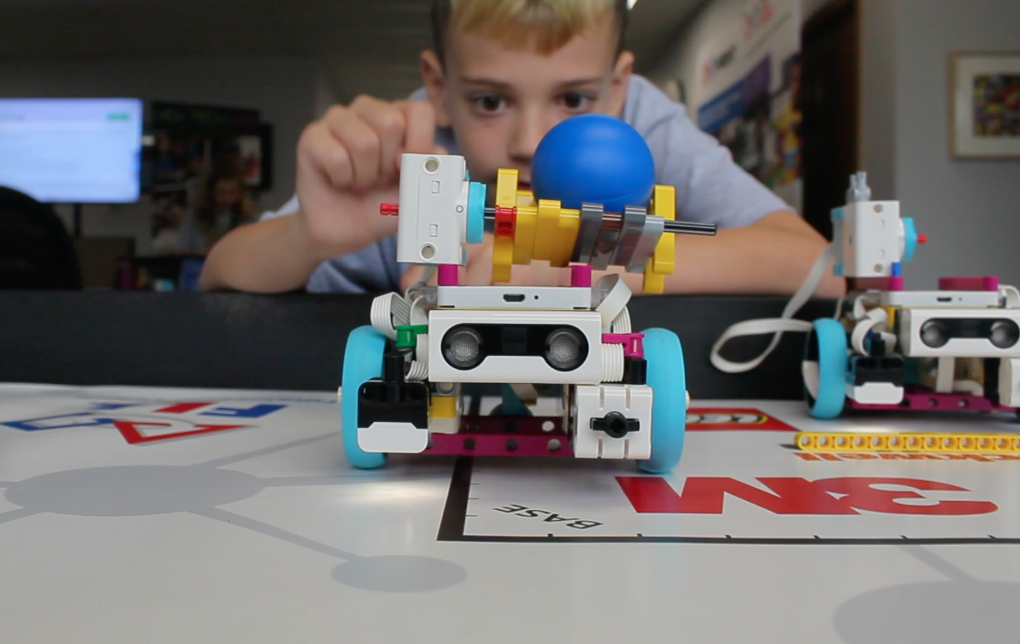
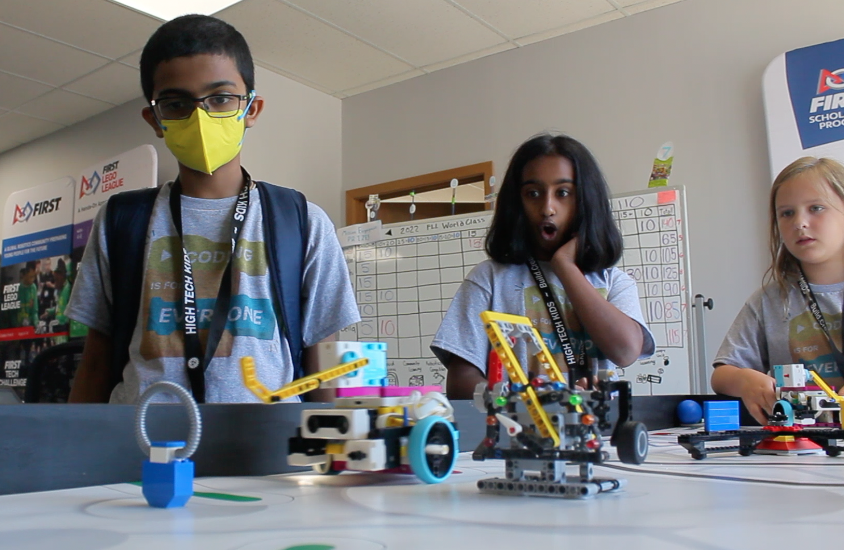
Websites & Portals North House Folk School
Leading into the 2021 holiday season, North House Folk School developed and launched an expanded online store and transformed their connection with students, craftspeople, and shoppers around the world.
In its first year of use, the expanded online store saw a drastic increase in merchandise sales, as well as membership support and gift certificate purchases. North House also saw an increase in brick-and-mortar store sales, indicating the new online store is facilitating additional sales, not replacing sales that would have occurred in person. The total online sales in 2022 exceeded $20,000, approximately 8% of the total store sales!
The online store connects shoppers with gift certificates, books, and unique craft, and plays an important role in generating mission-supporting revenue and highlighting the work of North House’s talented instructor community.
“As we celebrated our 25th anniversary in 2022, this broader virtual platform allowed us to highlight the work of our talented artisan instructors’ craft while generating mission-supporting revenue and setting the stage for our next quarter century of growing connections!” shared Executive Director Greg Wright.
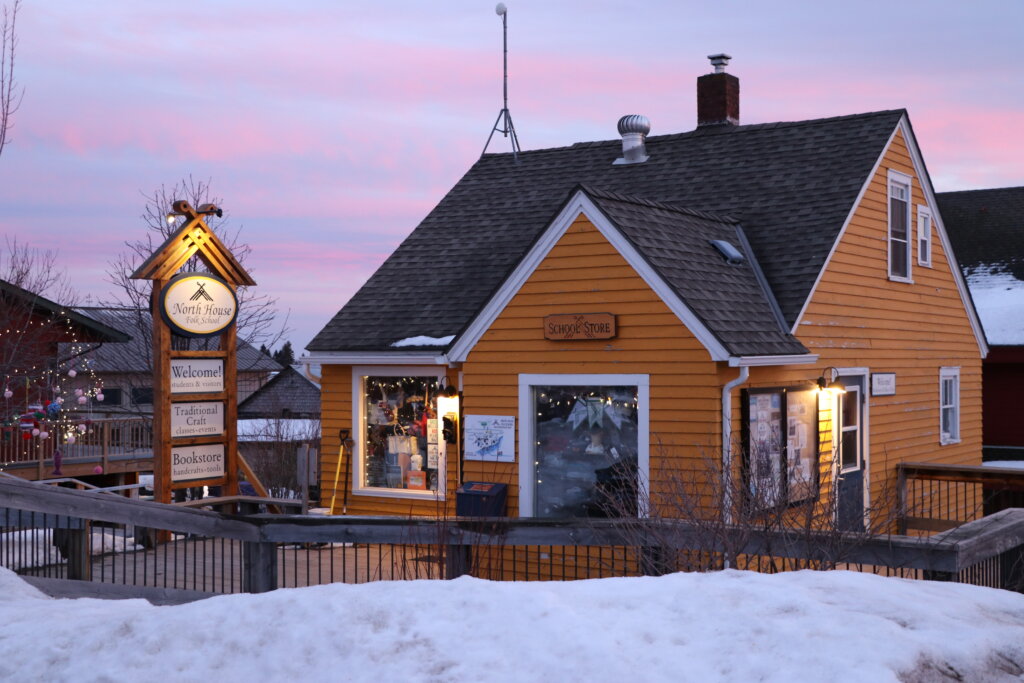
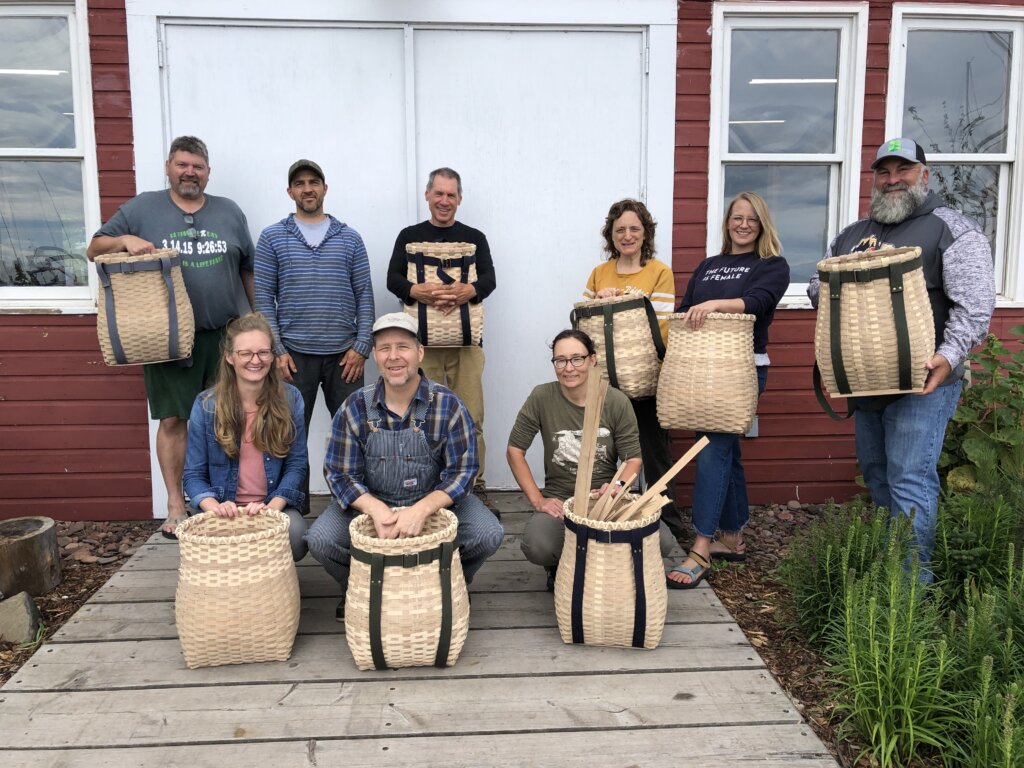
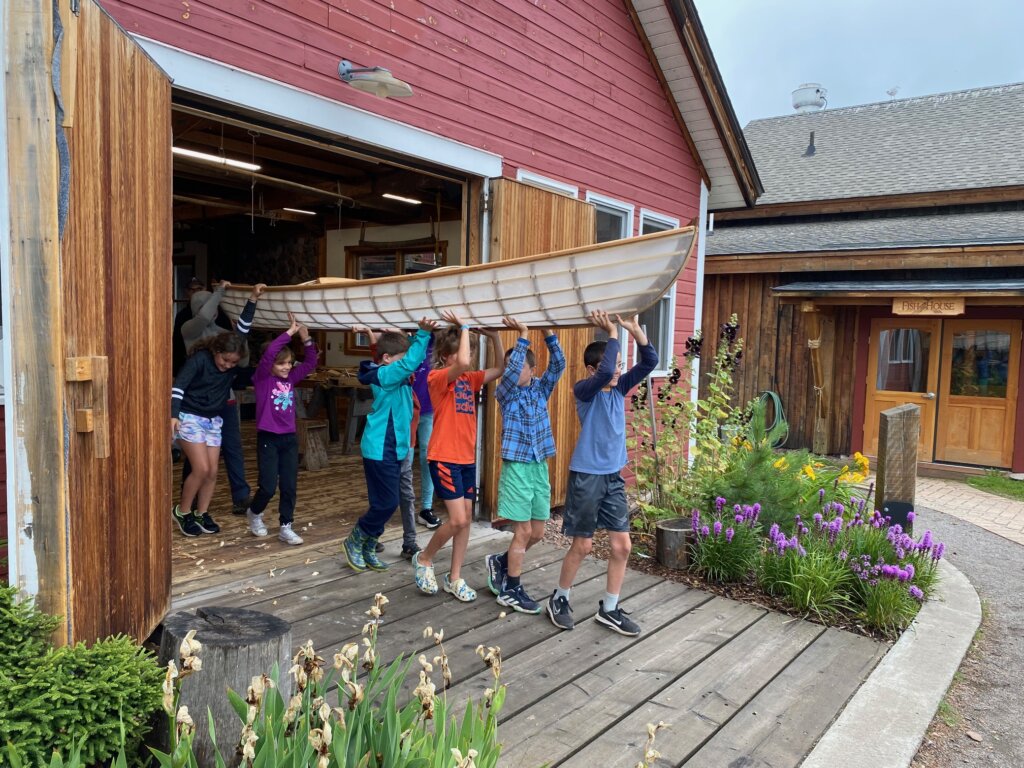
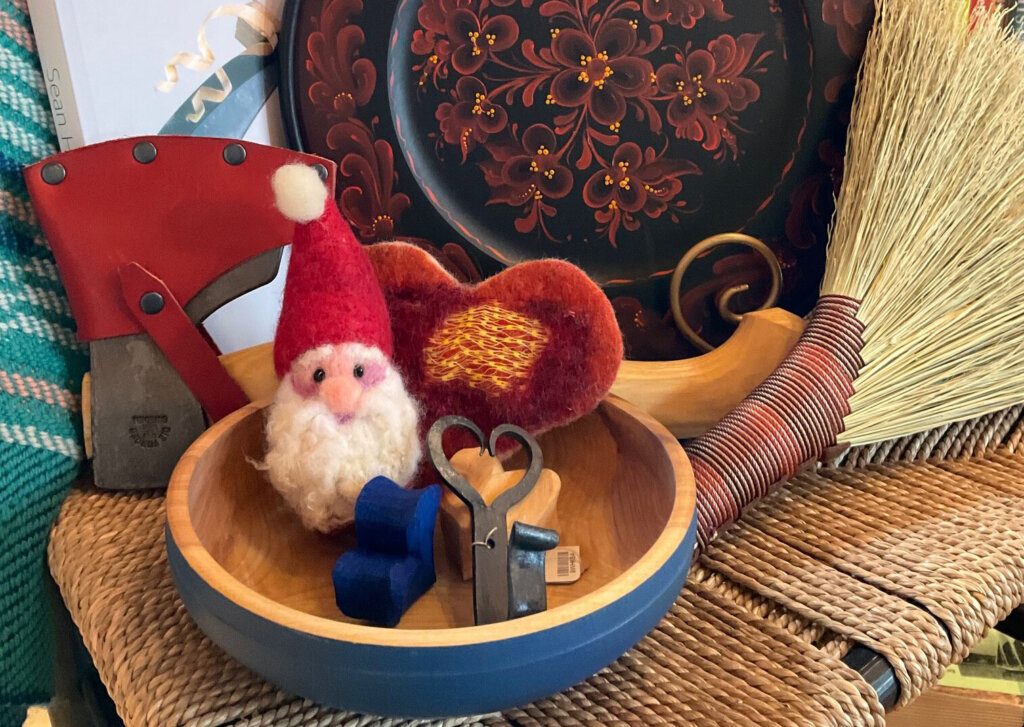
Infrastructure & Hardware Lakeland PBS
Lakeland PBS reaches approximately 383,500 people over an estimated 7,500 square miles, including several tribal nations, in northern and central Minnesota bringing them both local and national content. The funds for this project were utilized to purchase a field camera package, and associated software and accessories. The camera package gave Lakeland PBS the capability to go into the field and capture high-quality live new footage and live-stream this coverage back to their station using bonded cellular modem technology for their local news coverage.
The addition of this technology expanded Lakeland PBS’s ability to report on what was happening in both northern and central Minnesota. By providing real time broadcasting of events and activities in their region, they were able to provide their audience with programming produced in northern Minnesota that helped to inform, empower, and connect the diverse communities across their broadcast region.
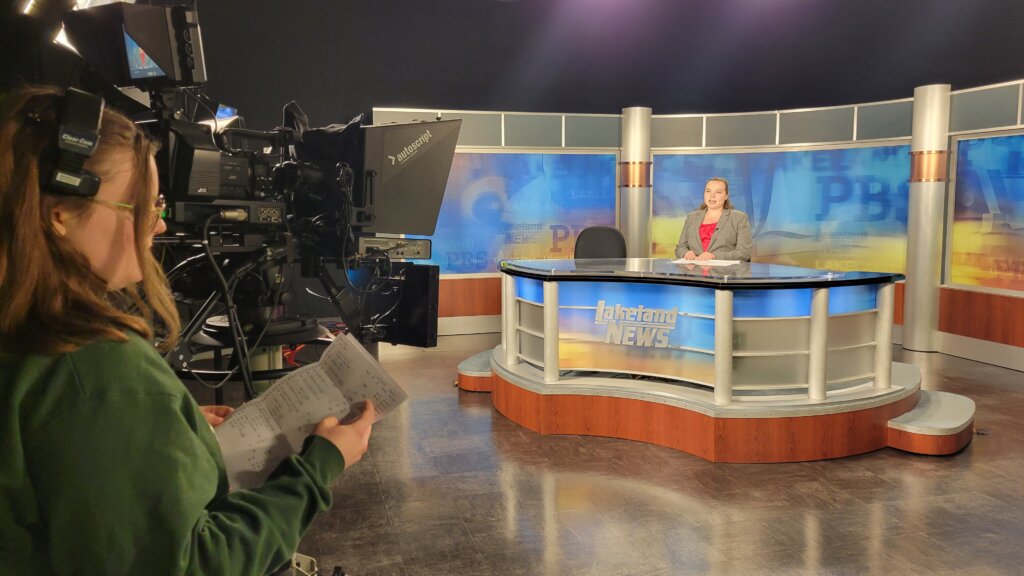
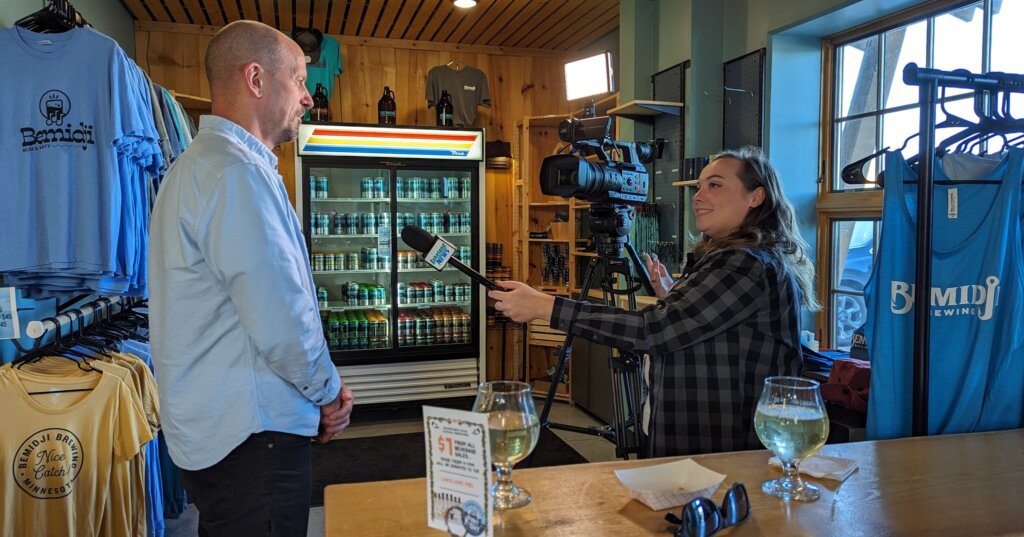
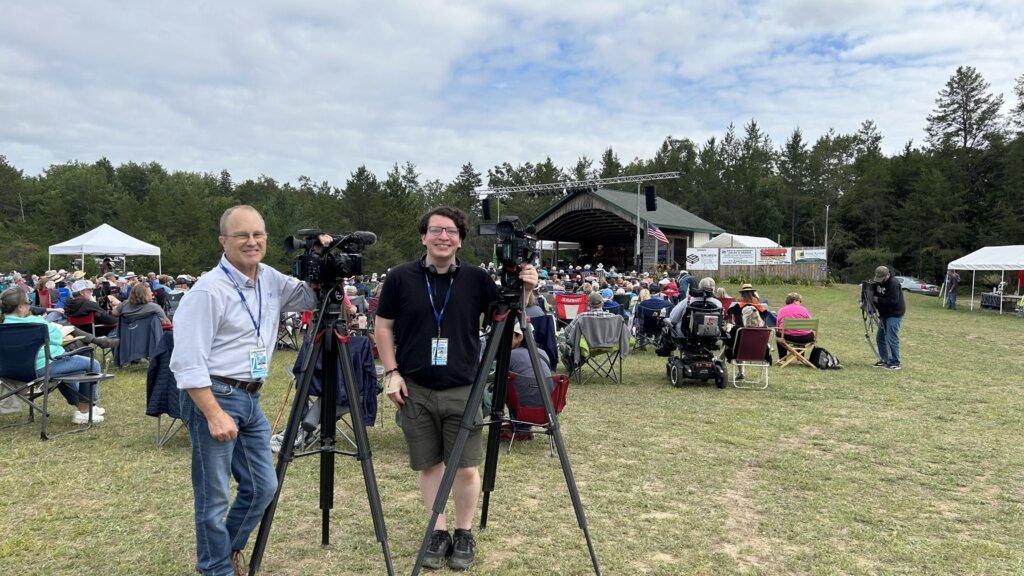
Databases & Applications Hired
Shavlik Family Foundation provided funding to launch phase two of Hired’s multi-phase Data for Impact project. The goal of Hired’s Data for Impact Project is to strengthen program impact and organizational data culture by equipping staff with data storage, management, and visualization tools to analyze program results.
Hired embarked on this project after recognizing the database they are required to use by the state of Minnesota only provides individual client-level data and does not offer program-wide summaries or trends in an easily accessible format. While many similar nonprofits must invest in a secondary database to support program data analysis, Hired leveraged the support of the Shavlik Foundation to build a series of custom program dashboards using the data already captured in their original database.
With dashboards customized for program staff, managers, and organizational leaders, the Data for Impact Project will save staff countless hours of double data entry while also equipping them with visual and user-friendly program analysis tools in real time. Hired hopes that these tools will help staff to continue strategically supporting participants while identifying programmatic trends and collective participant outcomes as well as promising strategies and opportunities for program improvements.
“With the capacity-building support of the Shavlik Family Foundation, we have created the foundational tools to support our data culture, continuous learning, and program improvement at Hired. These dashboards are bringing our program data to life in new ways and will be vital tools for our staff as we strive to advance racial equity in employment.” – Kendall Carlson, Impact and Innovation Officer at Hired.
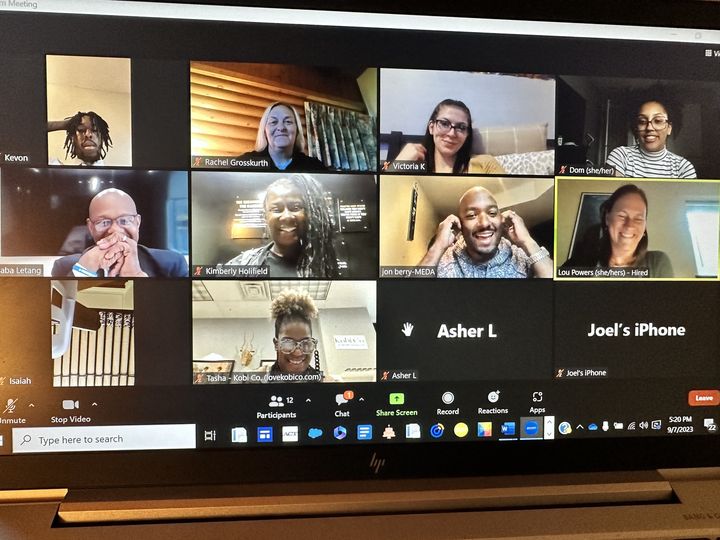
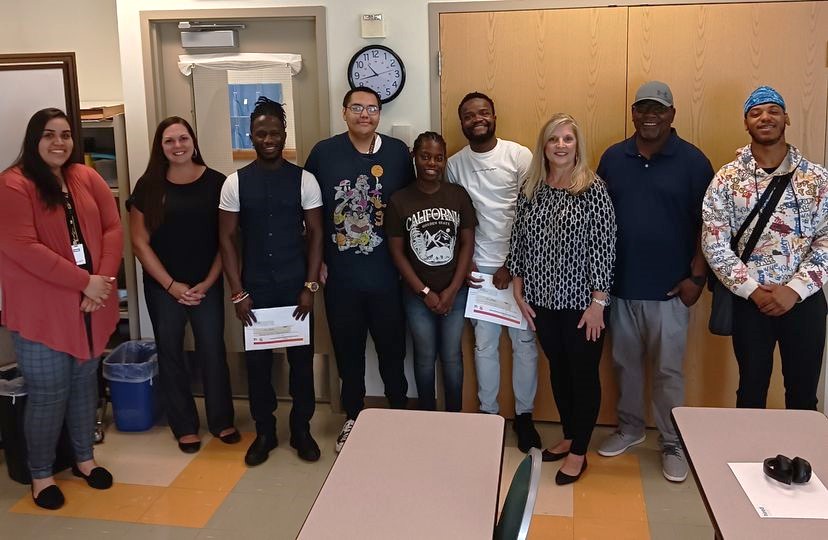
Infrastructure & Hardware Midwest Special Services
Funds provided in 2017 for workstations and tablets helped create a participant Computer Lab as one of the flexible spaces at the MSS Community Hub. This resource provides a wealth of vocational, avocational, artistic, and community integration opportunities for clients as well as the greater Eastside community. All the equipment purchased with this grant had to be accessible for a wide range of disabilities and reflected MSS’ experience with small individual workstations such as adaptive peripherals. The lab gave individuals the ability to learn basic computer skills, complete online training and search for jobs contributing to career and personal development.
In 2022, funding was granted for 3D printers and touchscreen laptops for five centers, plus a laser cutter. This equipment offers an individual the ability to create their own adaptive equipment or for others, learn job skills, and create art as part of the Art as Employment Program, as well as provide transferable job skills that help MSS participants earn income and reach their full potential. MSS’s extensive creative arts program works to make art accessible to all and has allowed disabled artists to have their work seen in public places and galleries and community exhibitions.
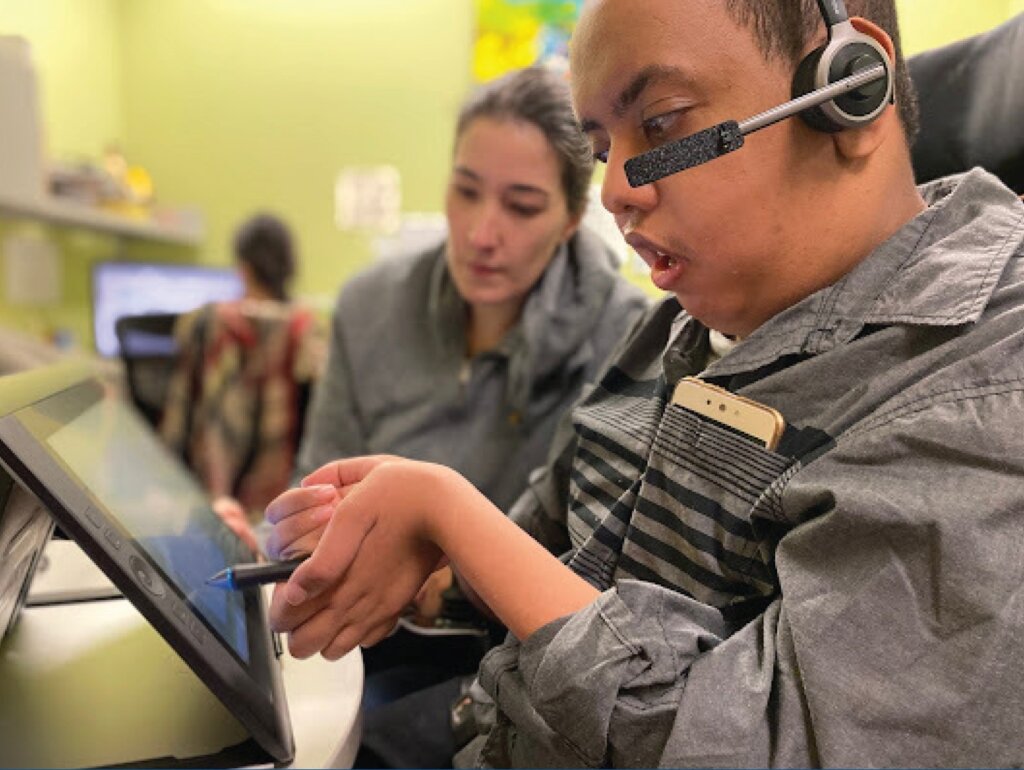
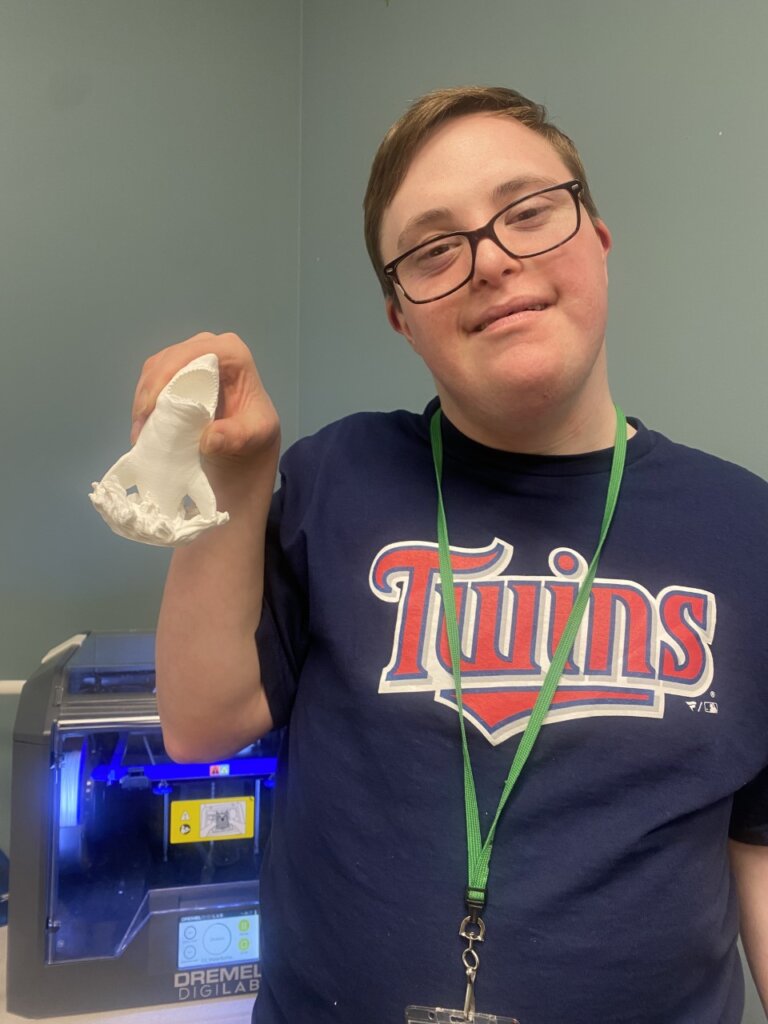
Infrastructure & Hardware, Databases & Applications Hope Coalition
In 2015, Hope Coalition had just taken over sexual assault services for Goodhue and Wabasha Counties. Covering two large rural counties with volunteers who needed to be state certified and trained was difficult due to a variety of factors. Funding went to purchase what was then relatively new videoconferencing technology in order to host secured meetings to conduct sexual assault services response team mandatory trainings. In addition the equipment could also be used by staff and volunteers to conduct some victim services remotely, giving them the ability to do victim-centered services without the stress and expense travel might create and giving greater access to services.
In 2017, Hope Coalition built out tools in their organization’s database to add efficiency and better track program outcomes. Changes included integrating output and outcome data collection processes into the database, updating forms to better track housing services, creating secure web forms for client use, and building new report features within the database. These updates decrease staff time spent on data entry as well as time spent manually extracting data for reporting purposes, and that time can be spent instead on programming.
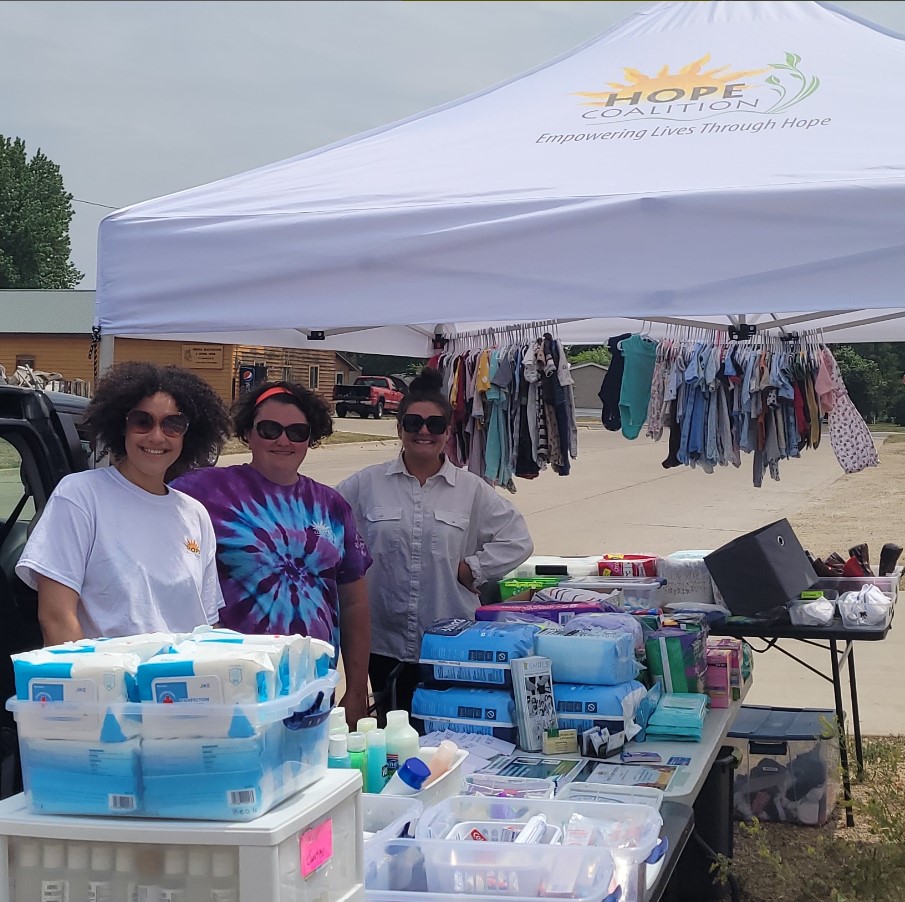
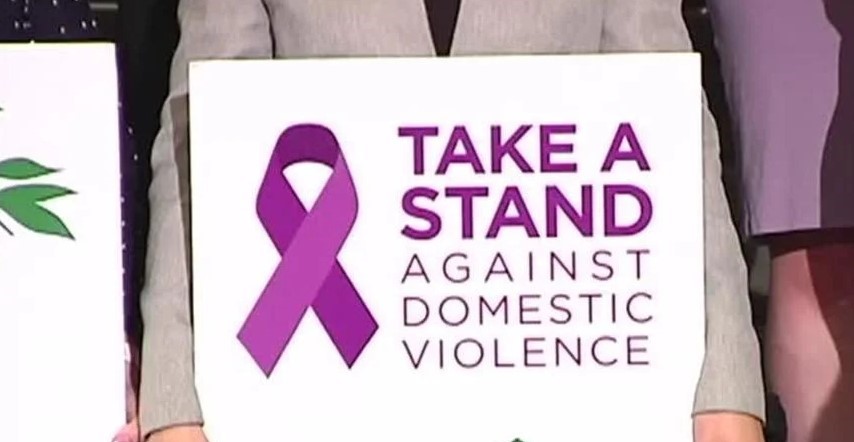
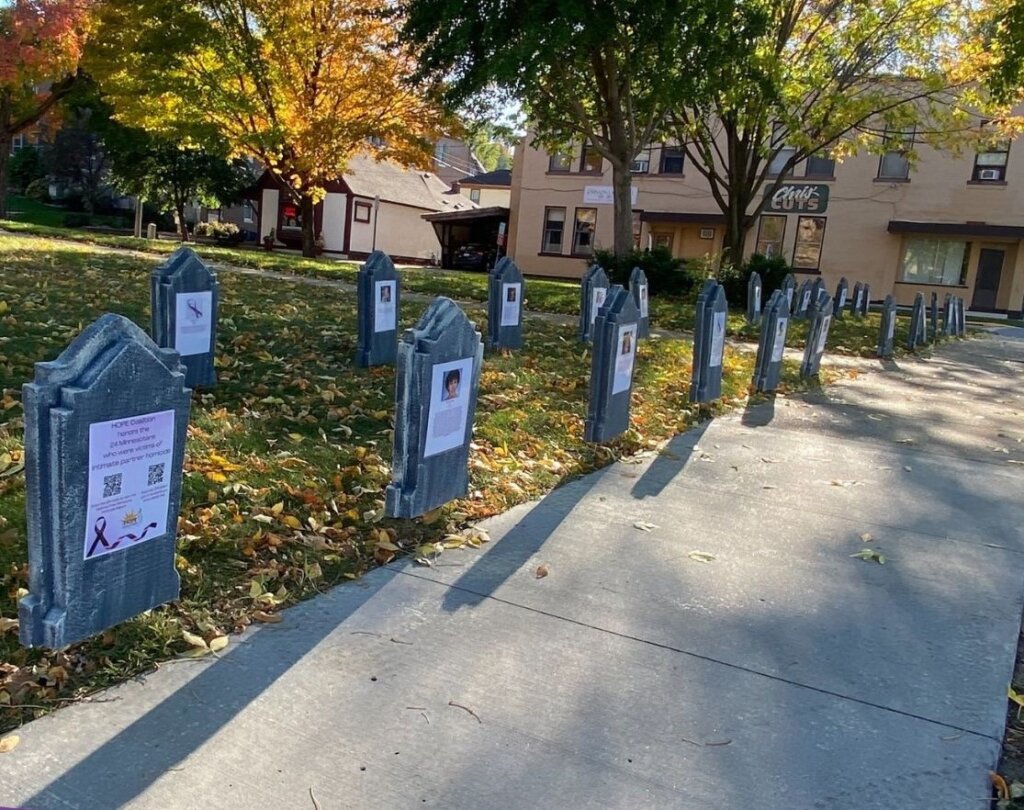
Education, Training, and Learning Labs Dunwoody College of Technology
With Shavlik funds, Dunwoody College of Technology has continued to build the skills of its students to meet the demands of a well trained workforce for Minnesota’s future. The first grant was to implement a small-scale private cloud solution for hands-on learning about cloud computing and IoT. The software used was 100% Open Source, and allowed Dunwoody to integrate the technology into the classroom and laid the foundation for future growth and expansion. The private cloud server helped staff leverage it in their curriculum to provide opportunities for collaborative real-world problem solving which increased enrollment in their Software Engineering program.
Subsequent funding continued to advance offerings the college could give students by funding the Dunwoody Academic Cloud (DAC) to serve as an integration point by providing core services for cross-programmatic academics including the Software Engineering, Electrical Engineering, Automation Engineering, Web Development, and Computer Technician programs. Most importantly, these programs will not operate singularly, but will collaborate across programs. These projects include, but not limited to hosting databases, hosting web applications, creating IoT applications, performing data analytics and more. In 2023 a “makerspace” was added to the college which allowed engineering students to fabricate circuit boards, customize these boards with components, and learn about the pertinence of signal integrity in communications between the board components.
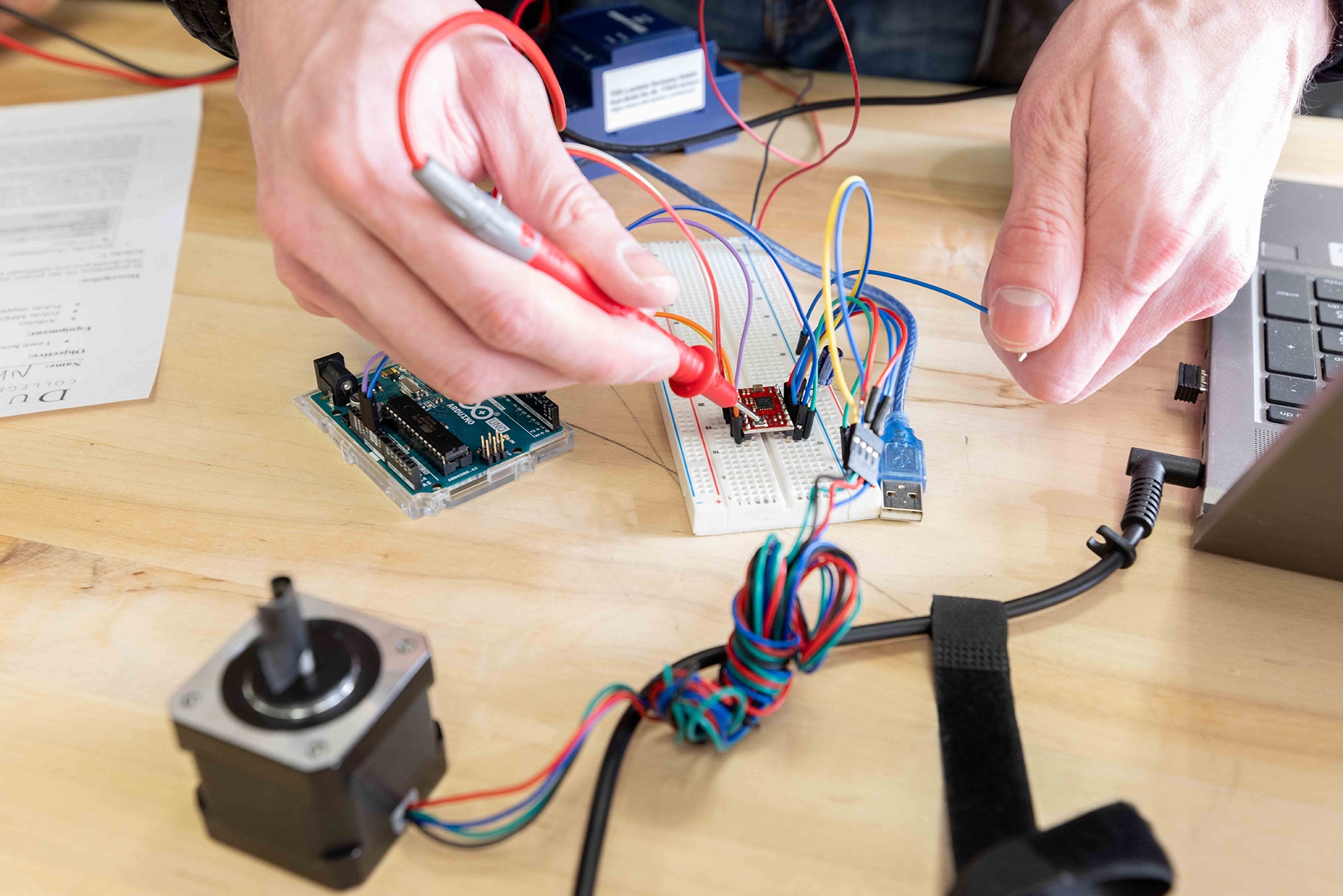
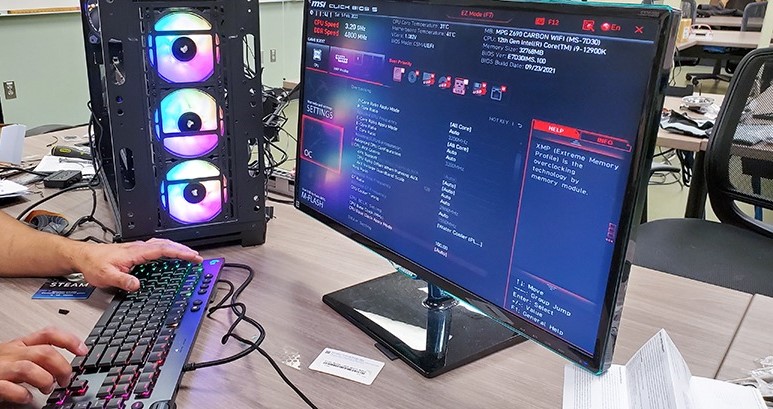
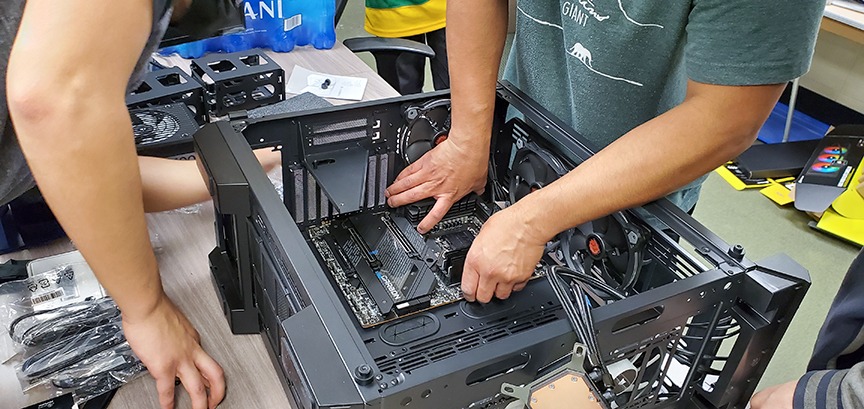
Infrastructure & Hardware Ecumen
Ecumen Seasons at Maplewood was awarded funding in 2022 to purchase an indoor service robot to support dietary service employees in the dining room of this senior independent and assisted living center.
The service robot, affectionately named SAMMY, is improving residents’ dining experience while freeing other employees from covering dining duties. SAMMY did not replace any staff positions but does provide the equivalent work of 1-2 dining room servers and has already reduced strain on staff. SAMMY is programmed to communicate and ingratiates herself with residents as she greets them in the halls or sings “happy birthday” whilst delivering their meal.
Implementing the robot adds efficiency and fun to the dining experience at Ecumen, while also addressing a larger staffing bottleneck for the organization.
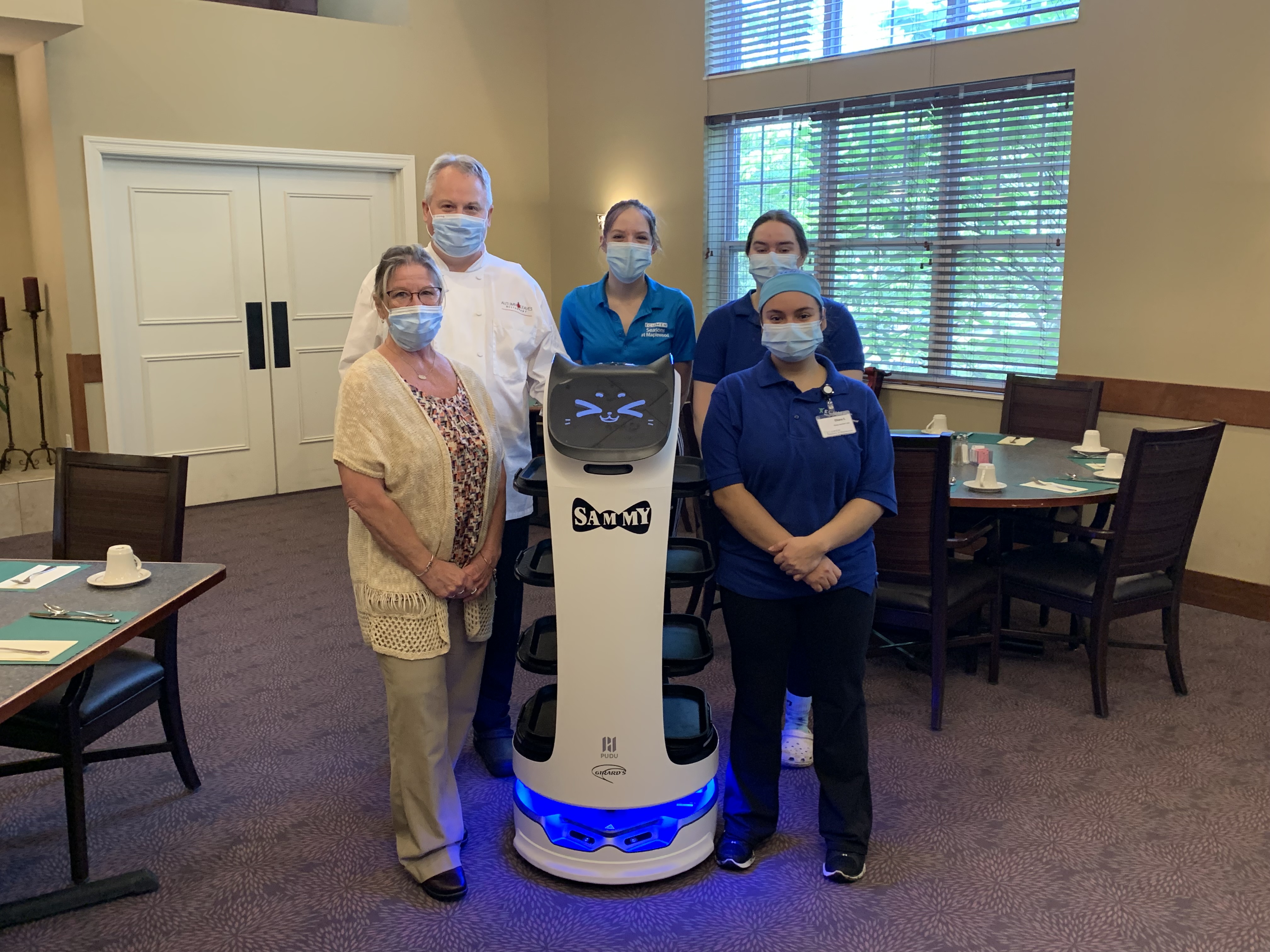
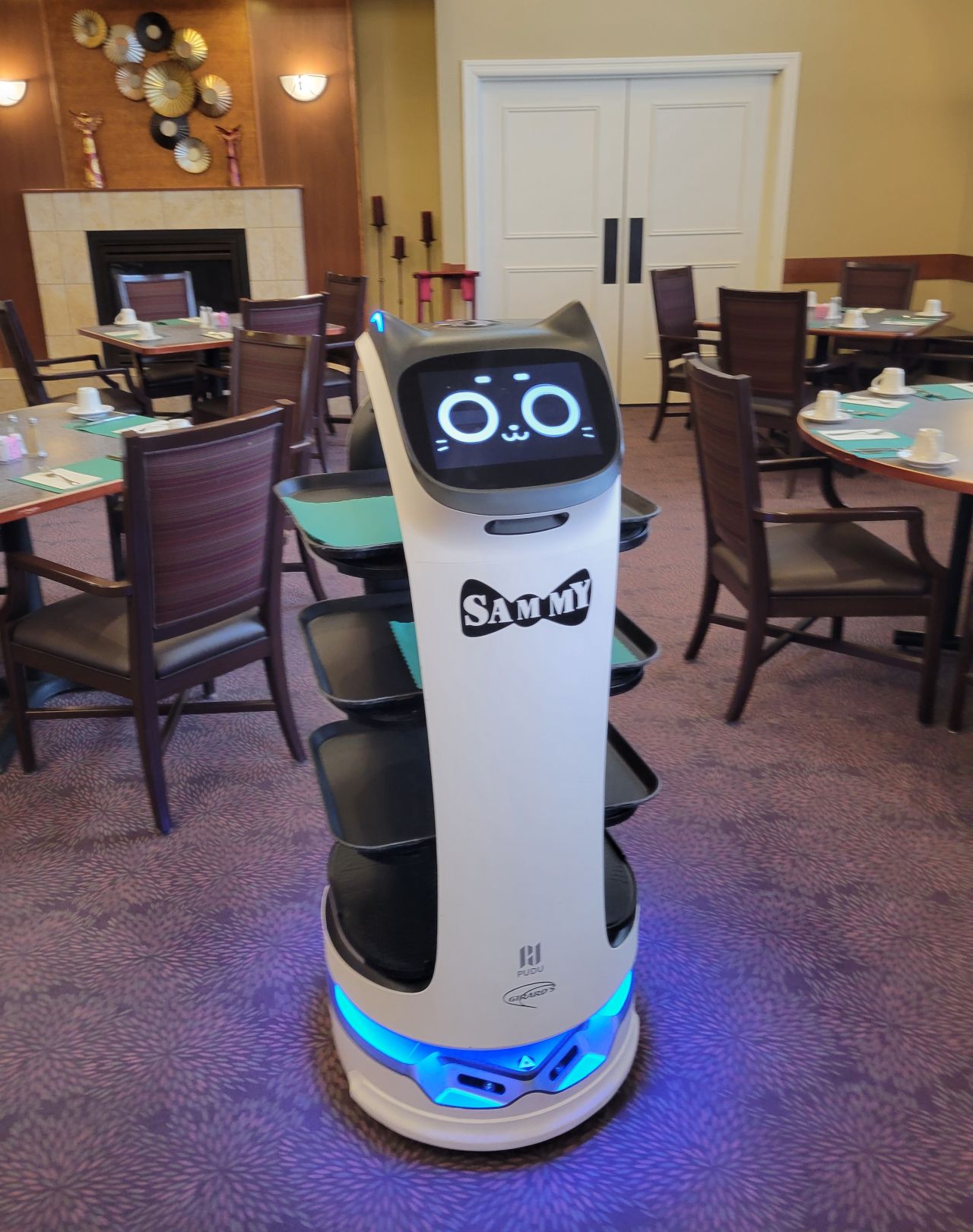
Databases & Applications myHealth for Teens & Young Adults
myHealth for Teens & Young Adults provides healthcare and mental health counseling to over 1,000 clients, ages 12-26 each year. In 2019, the only way to schedule an appointment was to call the clinic and speak to a scheduler. Funding from the Shavlik Foundation allowed myHealth to implement an online appointment scheduling system. The benefit to online scheduling for both staff and clients is primarily time savings and convenience. But more importantly, online scheduling reduces a barrier to obtaining healthcare. myHealth clients are likely seeking confidential care and limiting their ability to schedule an appointment by making a phone call, during school hours, may prevent them from getting the care they need. Integrating online scheduling meets current patients needs while also recruiting new patients. It also reduces staff time needed to assist with scheduling appointments on the phone and in person when patients arrive as walk-ins at the clinic.
In its first year of use, myHealth had 180 online bookings and saw 74 new clients who booked using the online system. Of those bookings, 80% were made when myHealth was closed. These early results indicate the online scheduler reduced a major barrier to young people getting their healthcare needs met at the clinic. With the implementation of online scheduling, myHealth staff has more time to spend with clients who have questions, talk with them about signing up for insurance, and calm their nerves when they arrive at the clinic.
At the time of this implementation, the online scheduler put myHealth far ahead similarly-sized clinics, and allowed them to meet clients’ challenges during the onset of the COVID-19 pandemic.
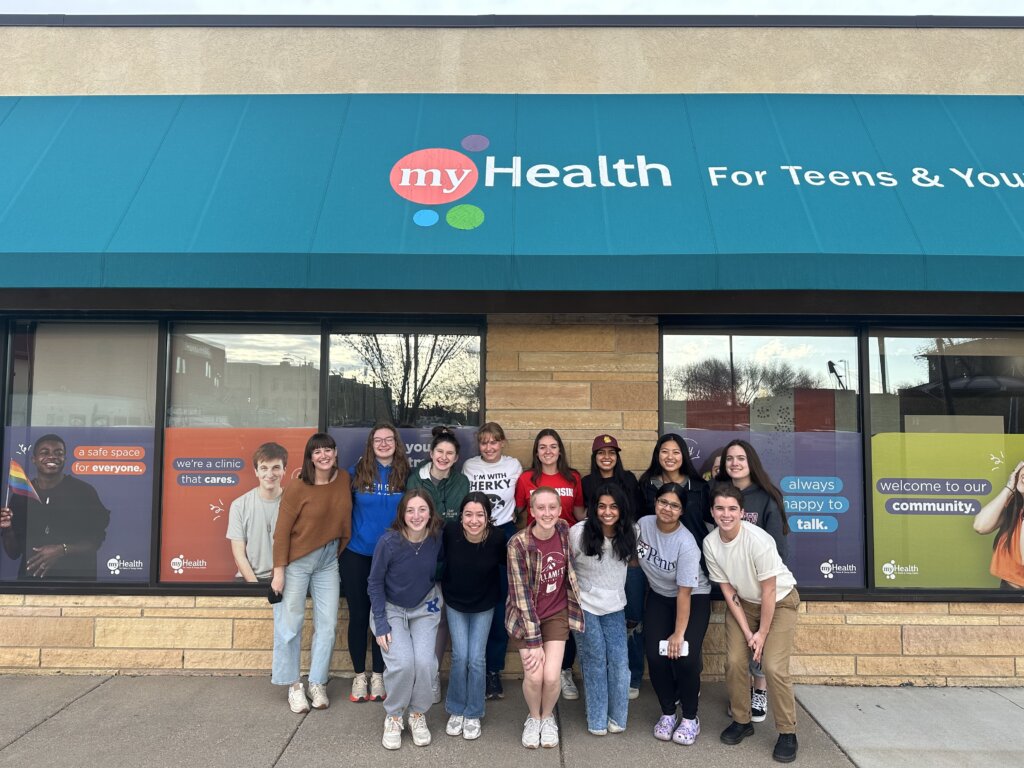
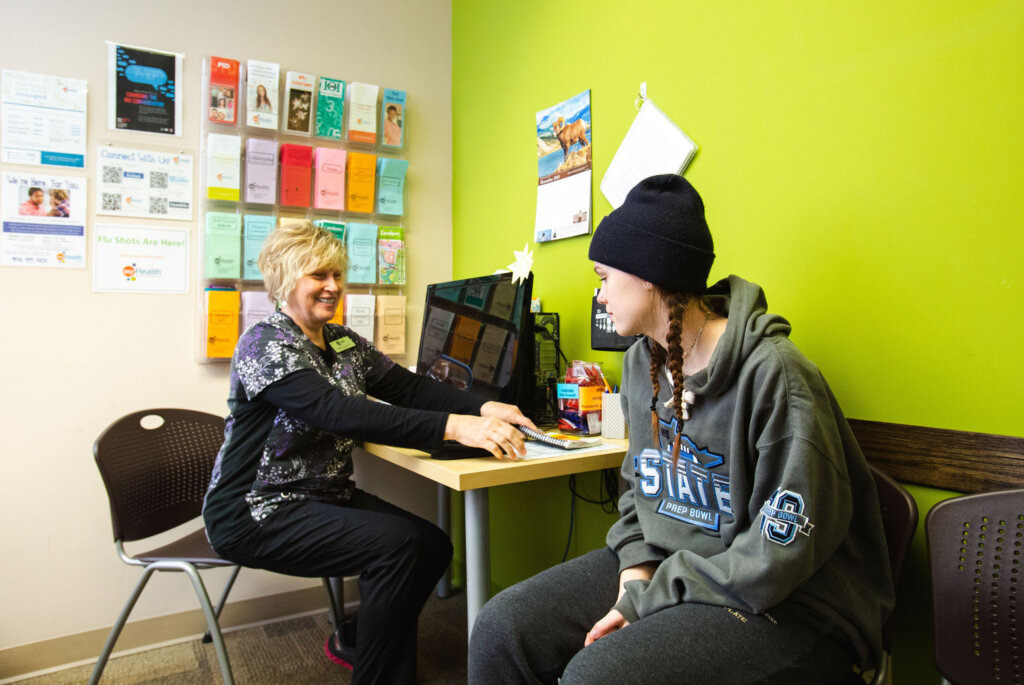
Infrastructure & Hardware, Databases & Applications Touchstone Mental Health
In 2017, Touchstone Mental Health utilized funding to purchase computers, monitors, microphones, and movable stands for three mobile telehealth room units for their residential programs to reduce wait times and improve client mental health and stability. The funded project decreased psychiatric hospitalizations by providing psychiatric evaluation and prescriptions for clients in the residential treatment programs who were experiencing a mental health crisis.
In 2019, funds were utilized to implement a health management application for clients that supports care along a health continuum, from those with everyday struggles to cope with life’s challenges to those with a serious mental illness. The platform is designed to help users expand their resiliency in dealing with the stresses of life, and manage their symptoms and functional impairment resulting from their mental health disorders. The app also removes barriers to care by offering resources that clients and staff can access 24/7 through their phones, personal computers, or computers at a Touchstone program or in a library. Touchstone was the first provider in Minnesota to implement this application.
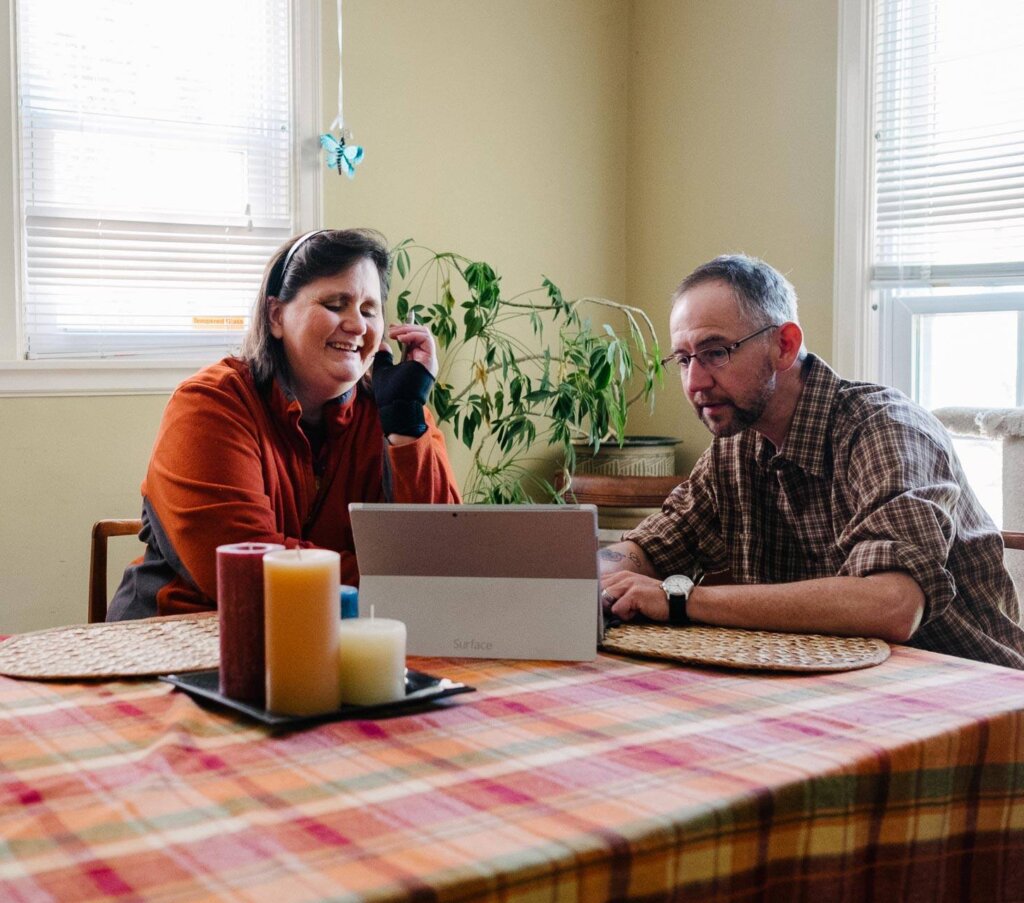
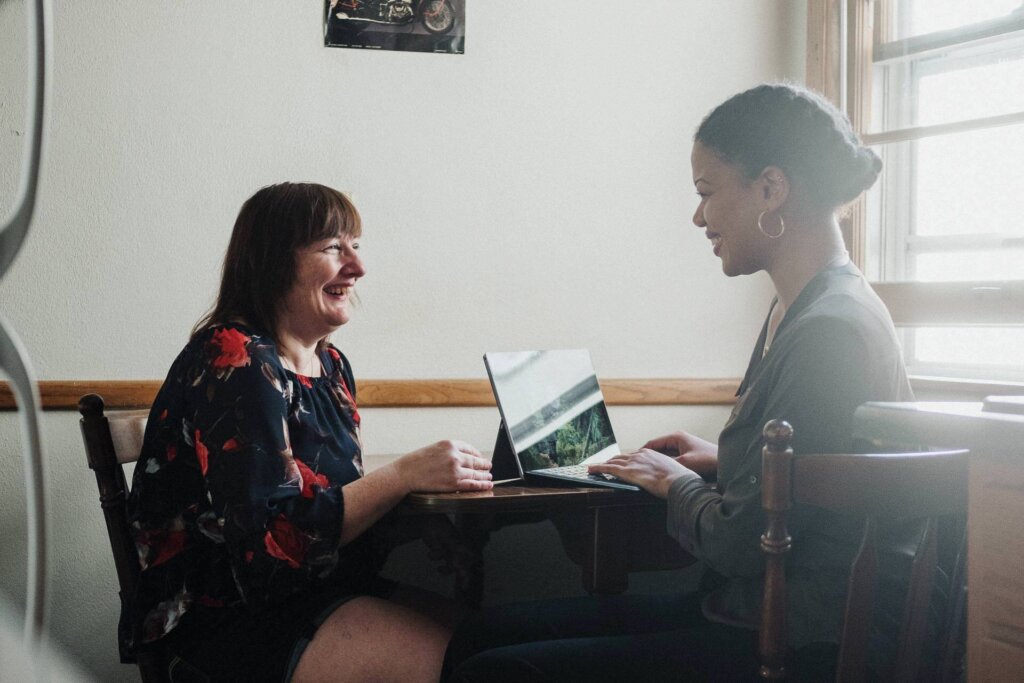
Databases & Applications Channel One Regional Food Bank
With support from the Foundation, Channel One (C1) implemented a food inventory database. This solution positioned C1 to take advantage of opportunities to broaden sourcing of healthy foods, streamline and expedite the conveyance of healthy foods from producers and public facing businesses to our warehouse and network of food shelves, and meaningfully manage an increasingly diverse throughput of foods by accounting for the health value of the food distributed.
This powerful data tool yielded insights for C1 and partner agencies so that food procurement and distribution prioritizes healthy food. In addition, the more responsive database allows warehouse staff to save fresh food from spoilage. By implementing this food inventory database C1 was able to not only increase the distribution of healthy food, but also decreased spoilage, improved data integrity, and added warehouse efficiencies to their operations.
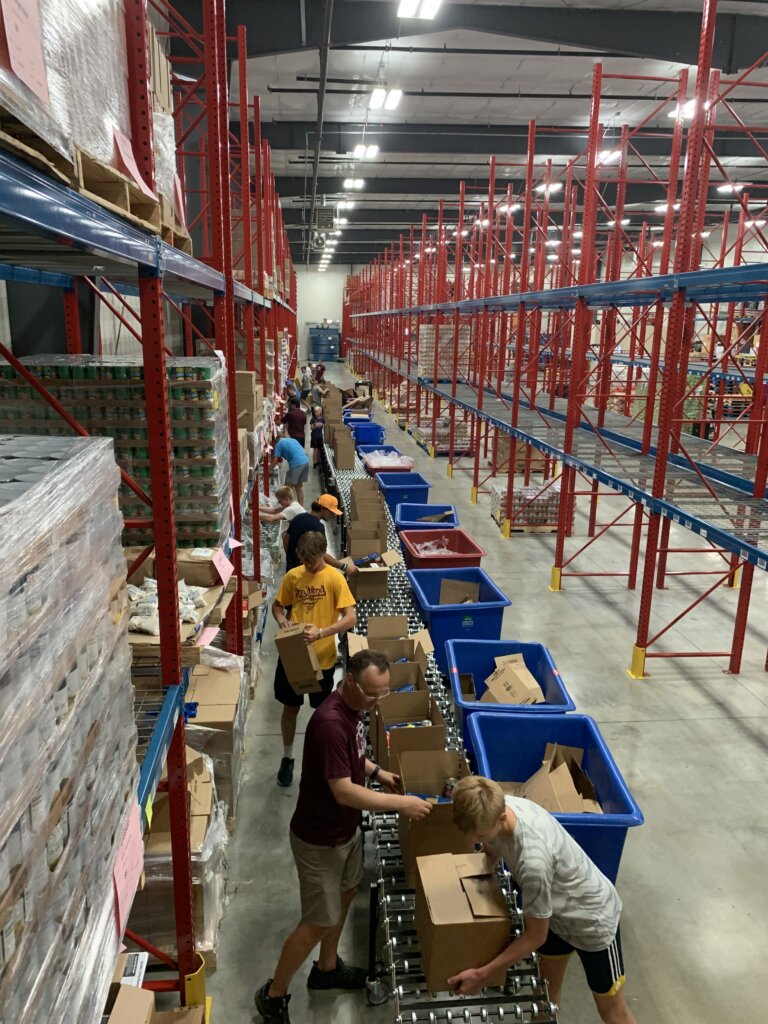
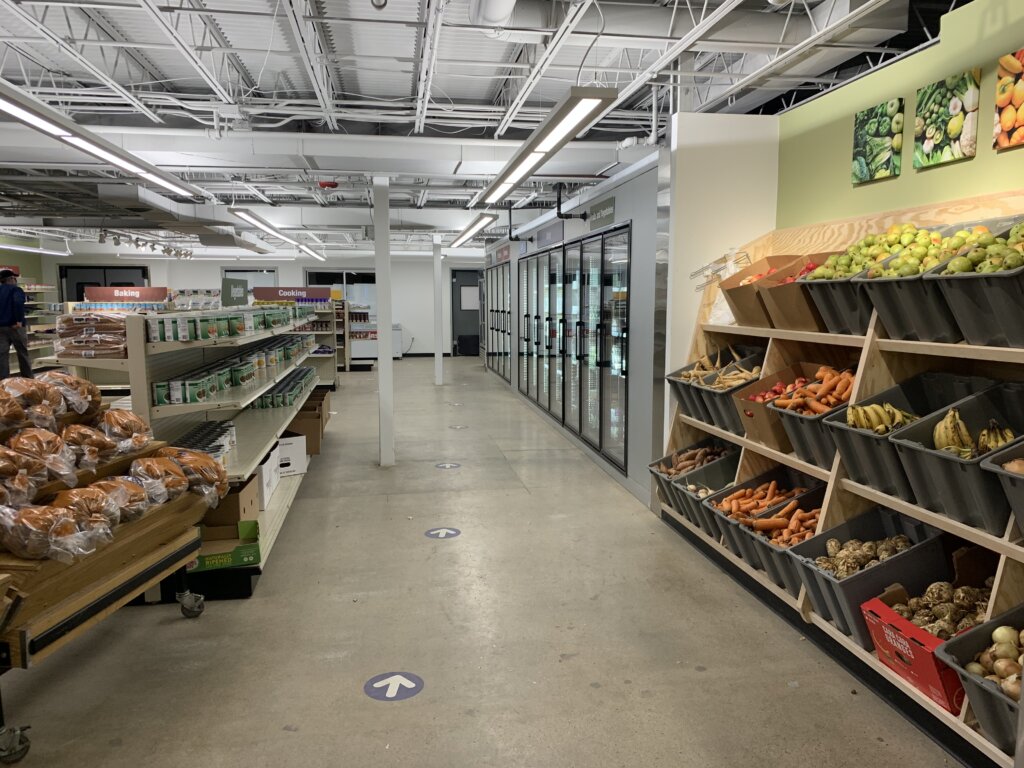
Databases & Applications Habitat for Humanity Twin Cities
Funding helped Habitat for Humanity Twin Cities develop organization-wide dashboards using Power BI that aggregates data from multiple internal systems to support their affordable housing program being done with community banks and affordable housing organizations. The dashboards also made the organization more efficient in allocating resources and they were allowed to maximize the number of families they partner with and forecast the amount of subsidy funding that would be needed by each to reach their housing goals.
In 2021, Habitat TC built upon this solution to develop a microsite for potential homebuyers to navigate available homes, access financial advice and resources, and enable administrators to better manage data while working with families. The website reduces home match wait times from one month to one week helping more families to achieve first-time homeownership.
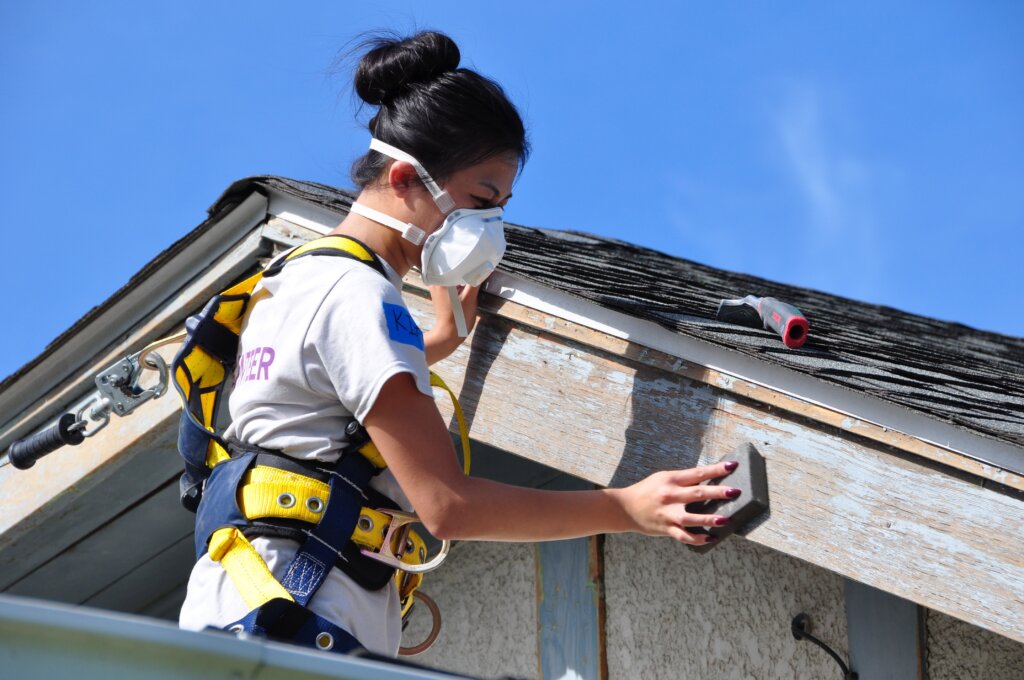
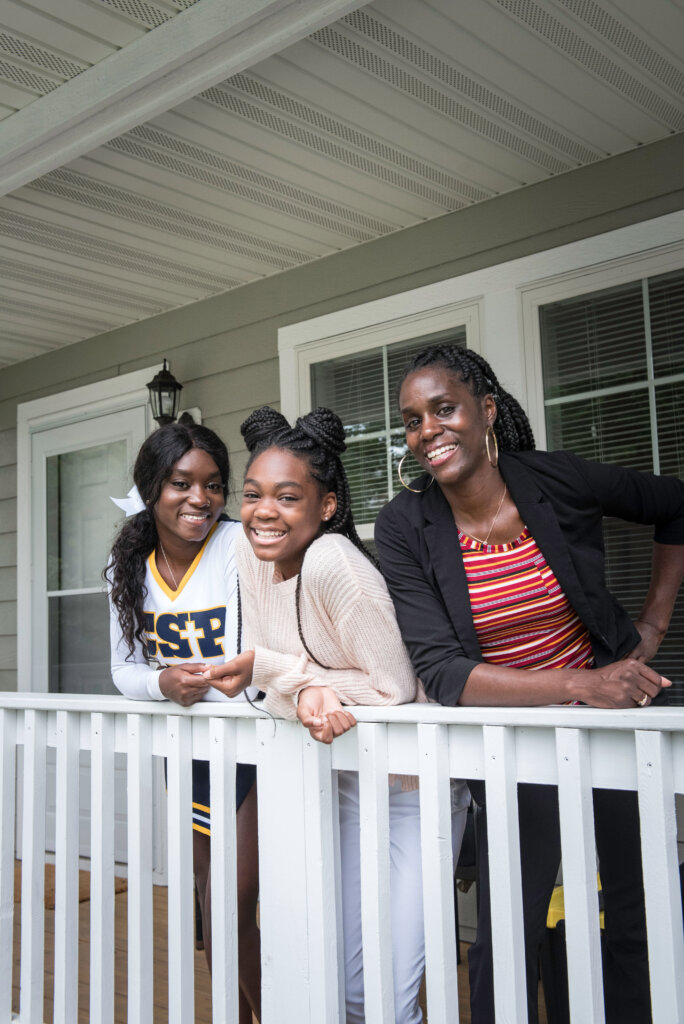
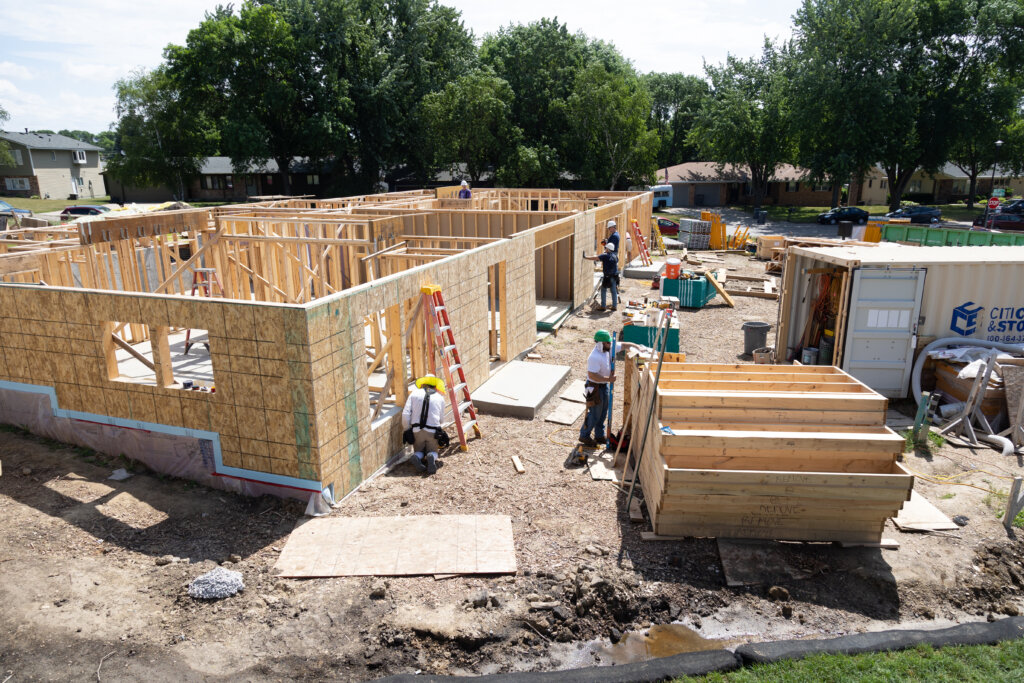
Infrastructure & Hardware The Bridge for Youth
With support from the Shavlik Family Foundation, The Bridge for Youth was able to ‘show up’ in spaces and places where youth felt safe and were reflective of their community. In 2015 The Bridge for Youth produced one of the first of its kind 24 hour crisis text for help-line. This application was unique at that time and Bridge for Youth were able to show the benefits to agencies across the country. The text application resulted in almost 50 new volunteers for the organization, additional funding and partnerships, promoted more immediate counseling services versus just resource referrals, and assisted in getting youth in crisis connected to shelter and services more immediately.
In 2021 The Bridge used a grant to retrofit a bus into “The Mobile Youth Outreach Center” to meet immediate basic needs of homeless youth where they were, including tech needs like a mobile hotspot, walk-up internet stations, secure device charging, and access to tablets and printers. Going beyond The Bridge for Youth facility with the bus, the Mobile Youth Outreach Center in its first year of use, conducted 190 hours of mobile outreach and engaged 3,618 youth. Of those served, 85% received healthy food; 55% received seasonally appropriate clothing; and 9% received harm reduction resources. Through the expanded access to technology with the mobile center, The Bridge is able to more effectively conduct outreach and address the needs of youth currently or at risk of experiencing homelessness in a post-pandemic world.
